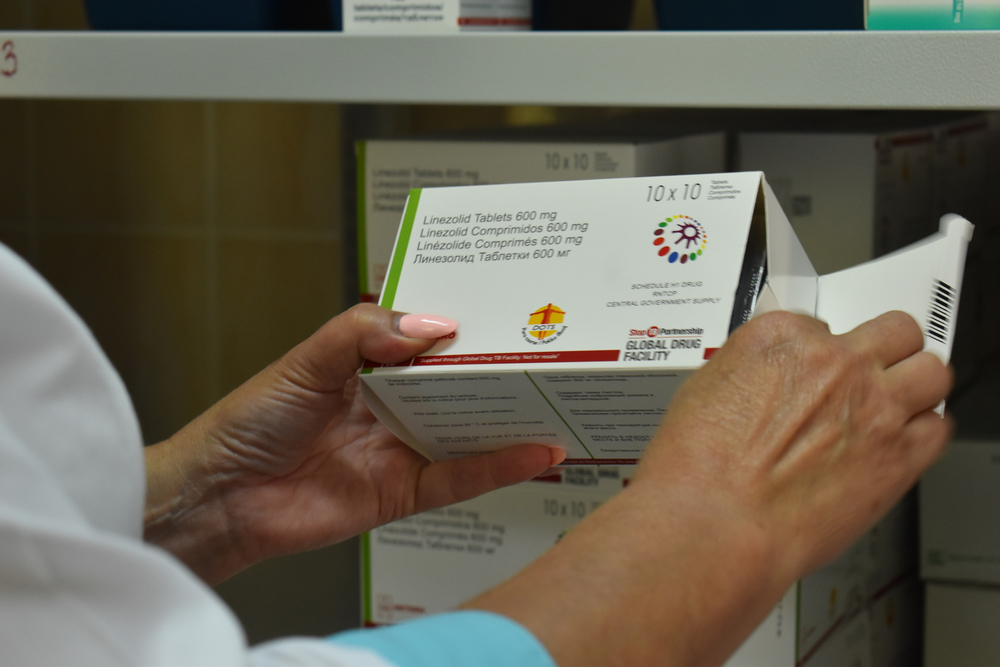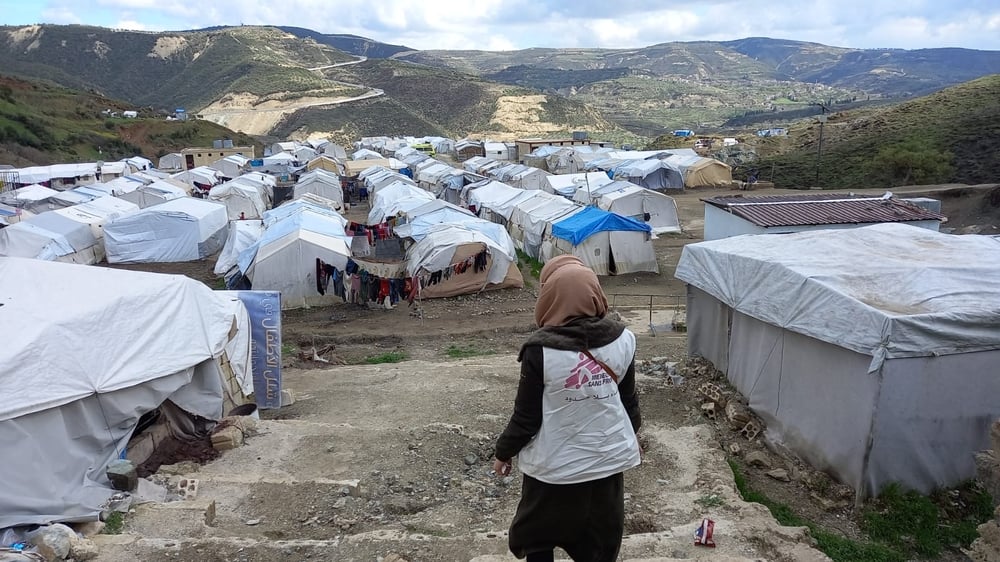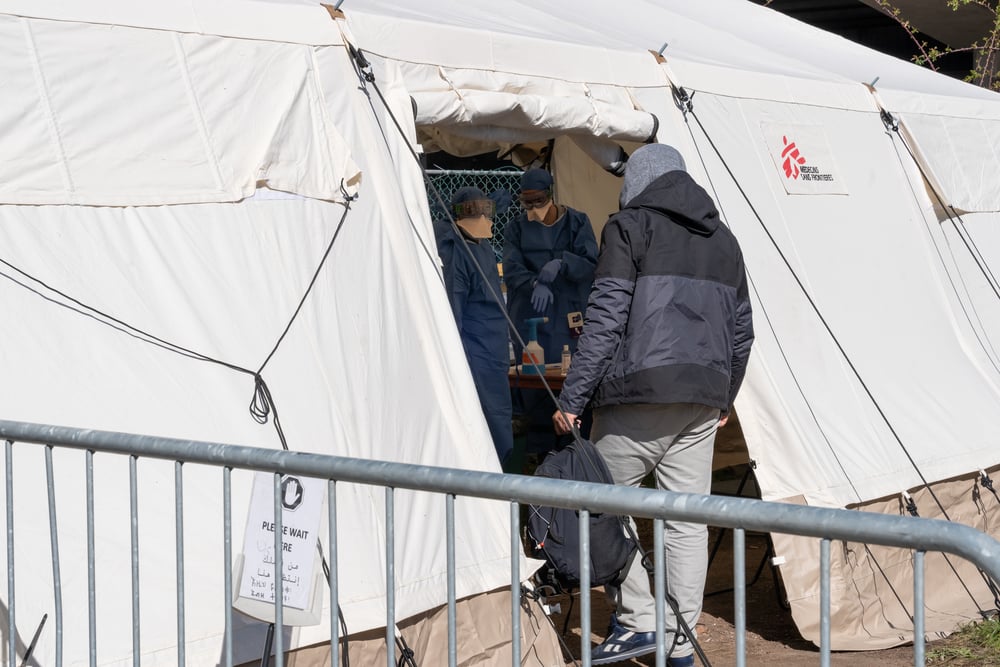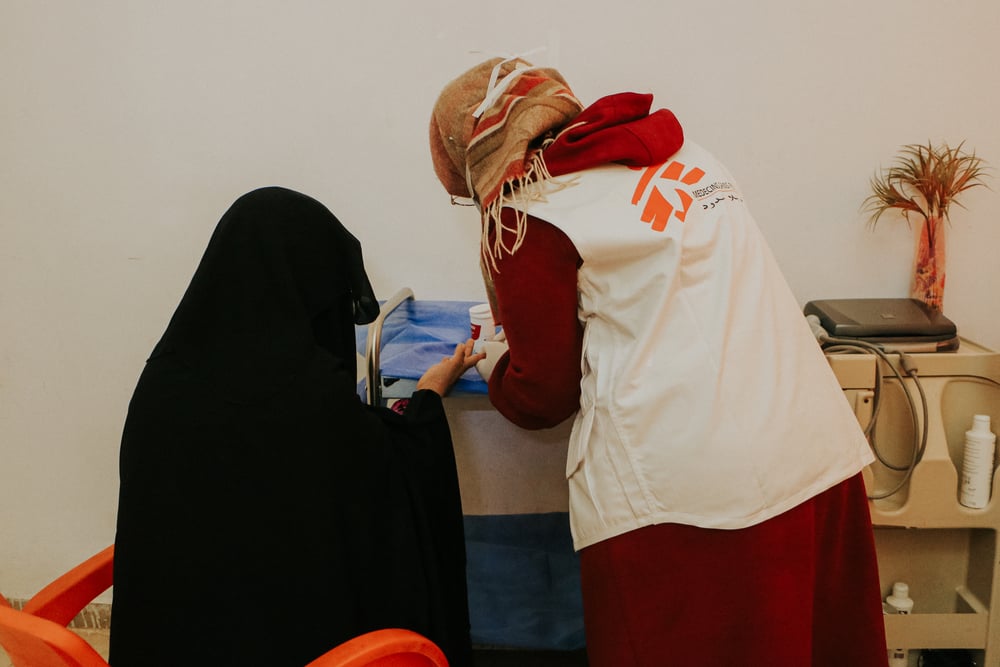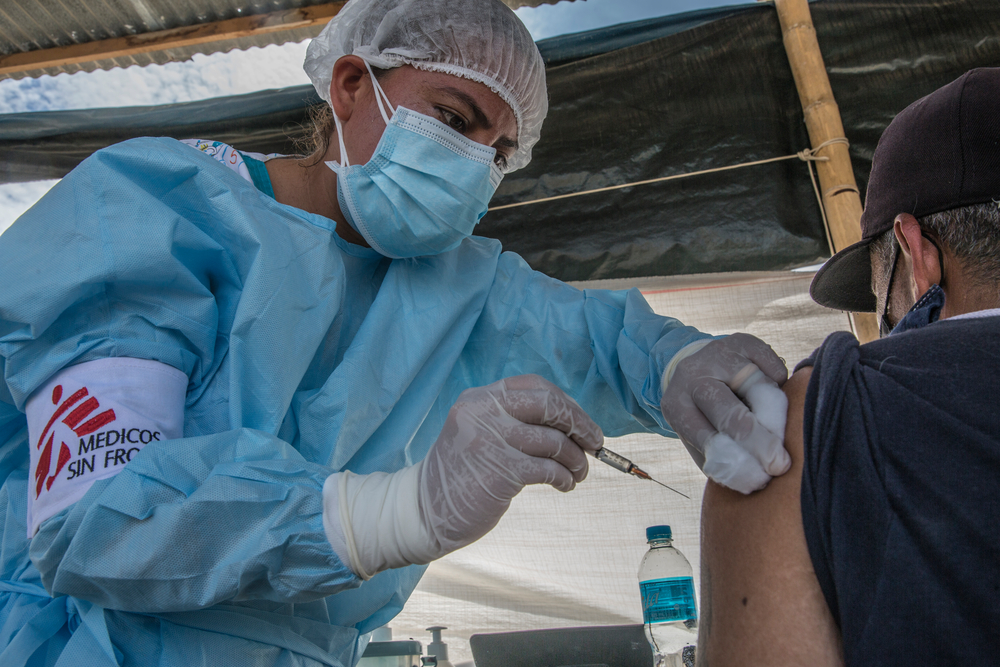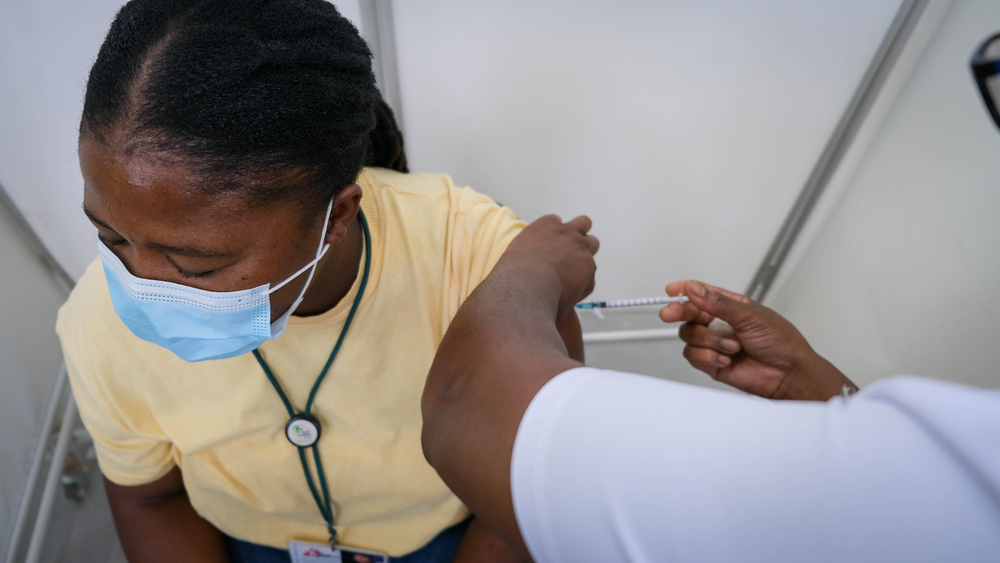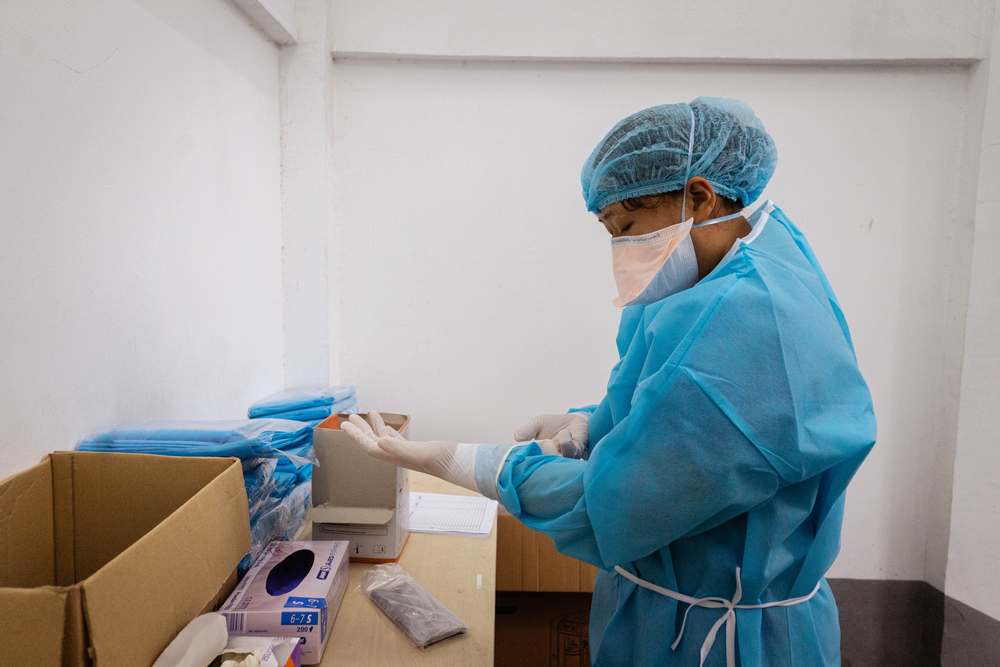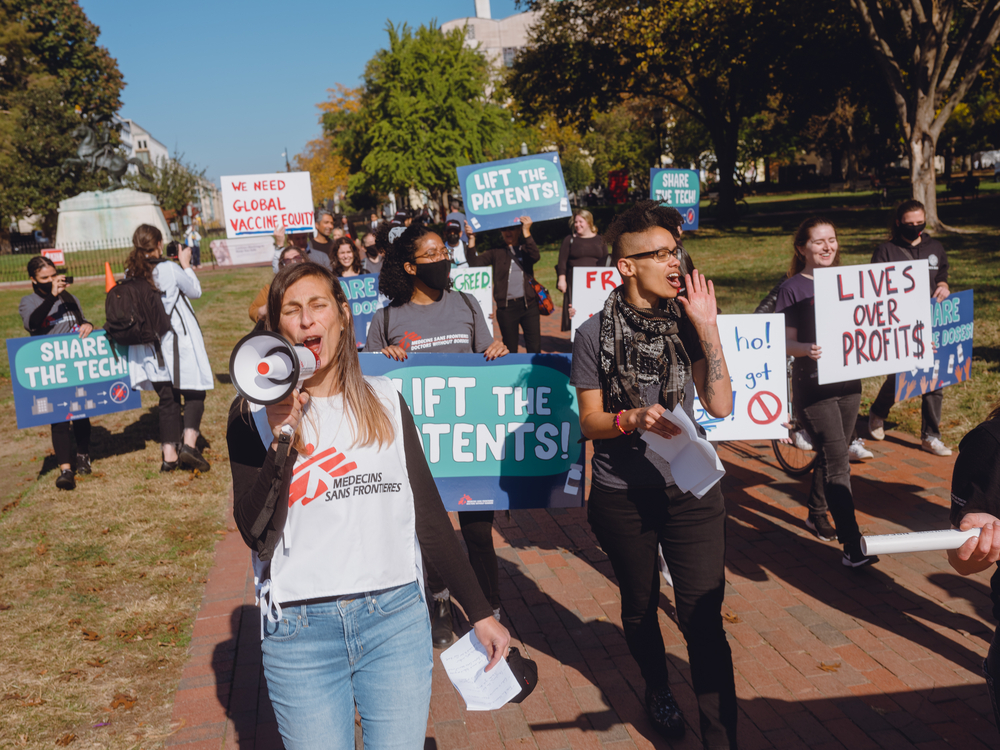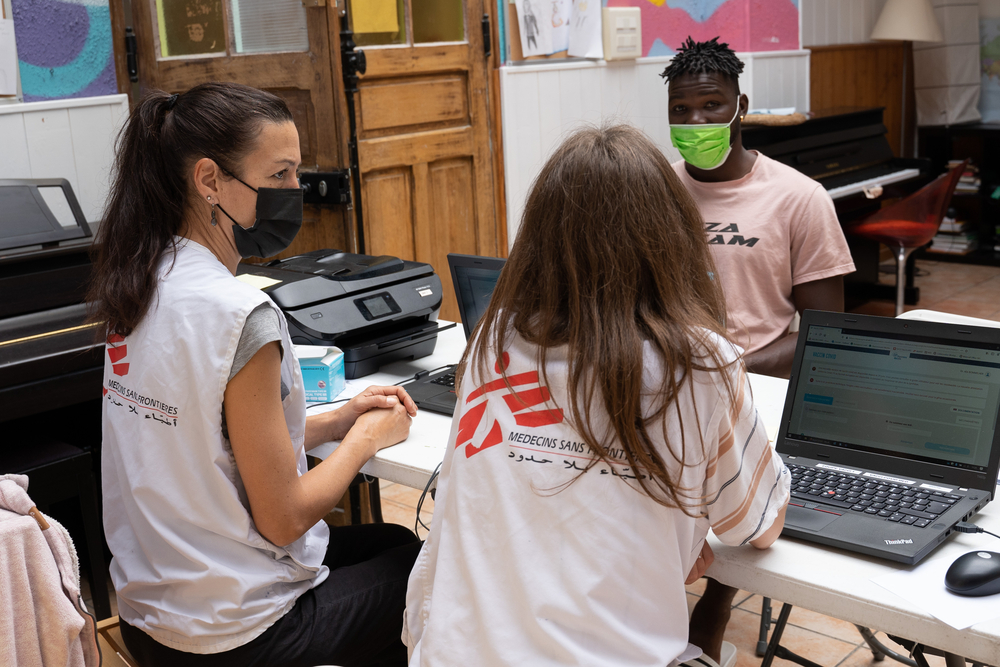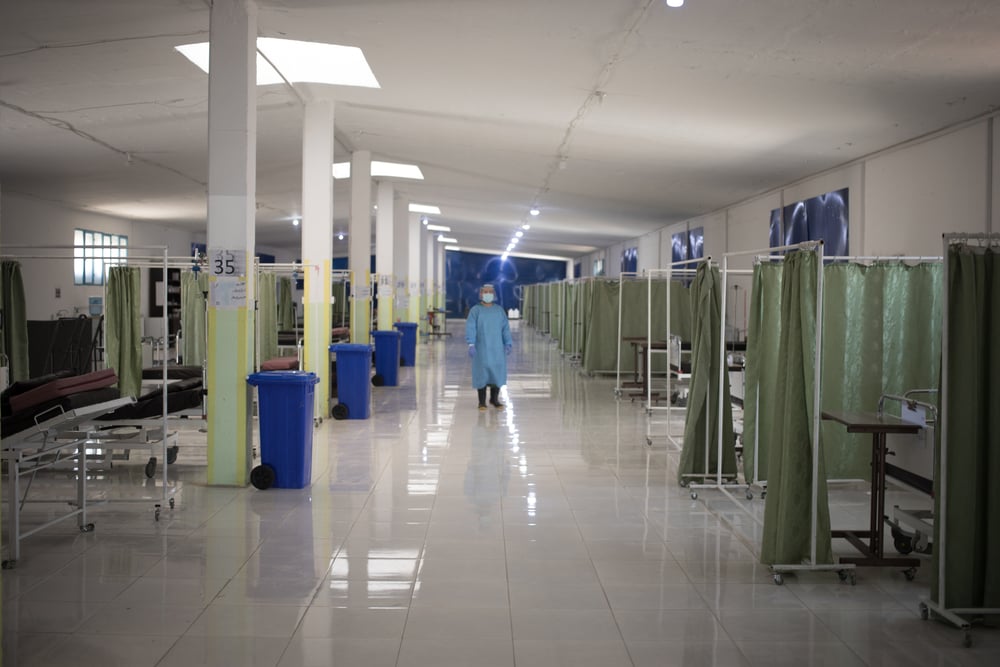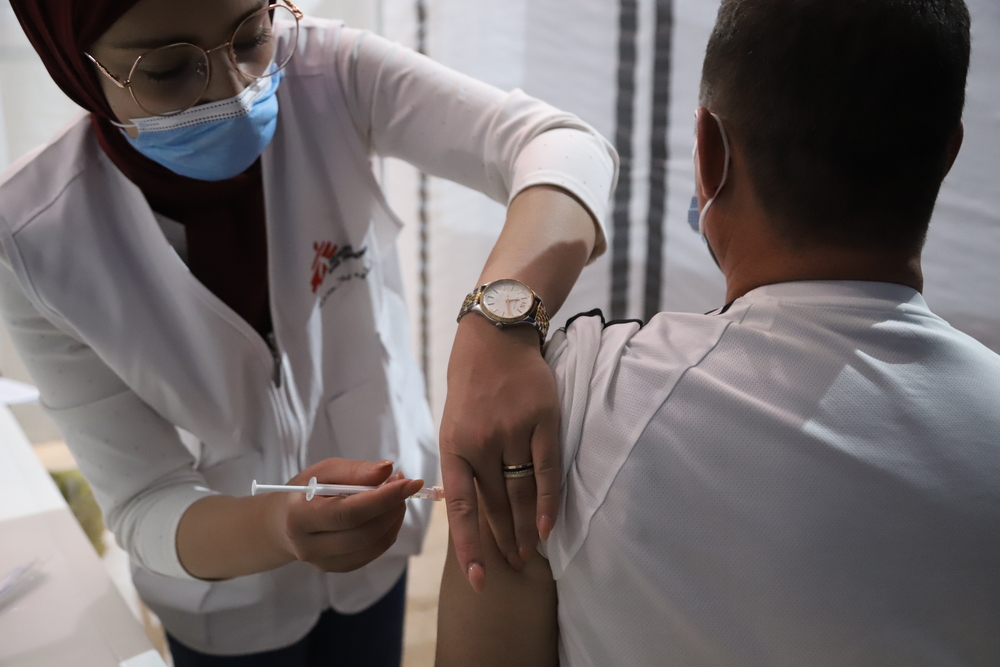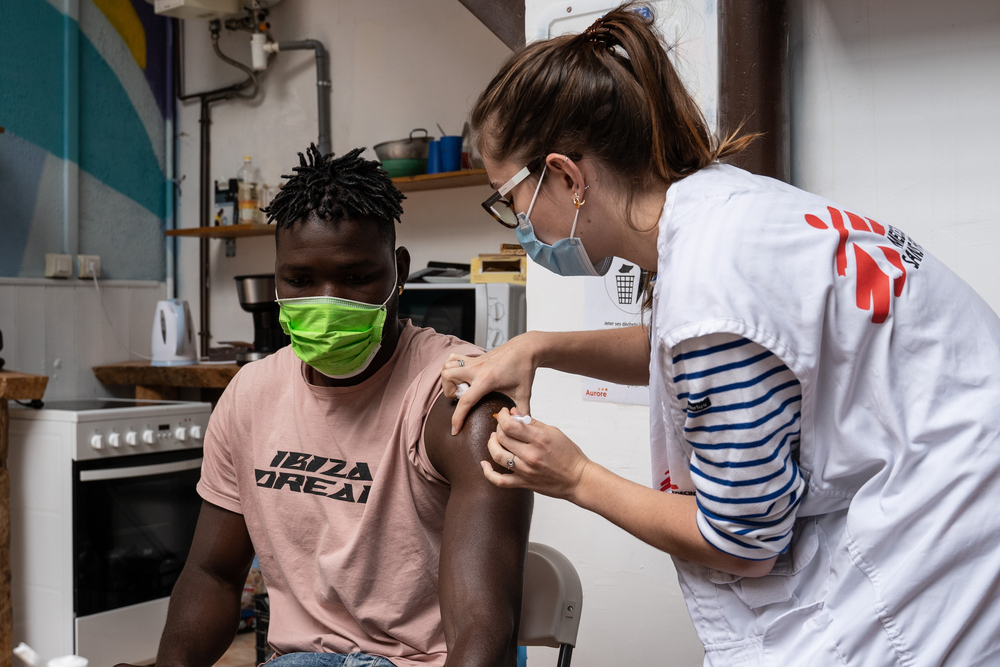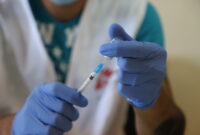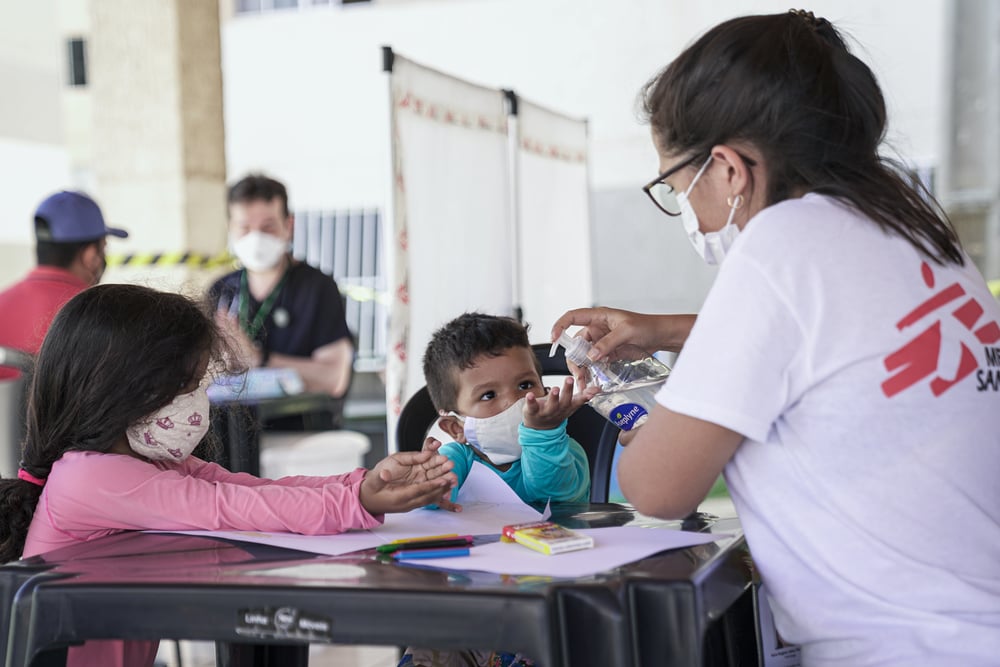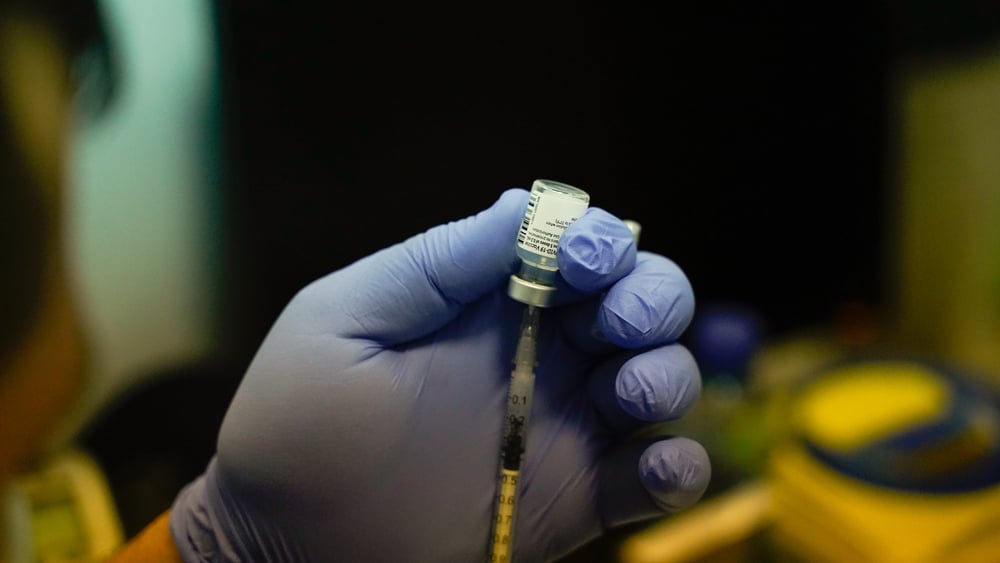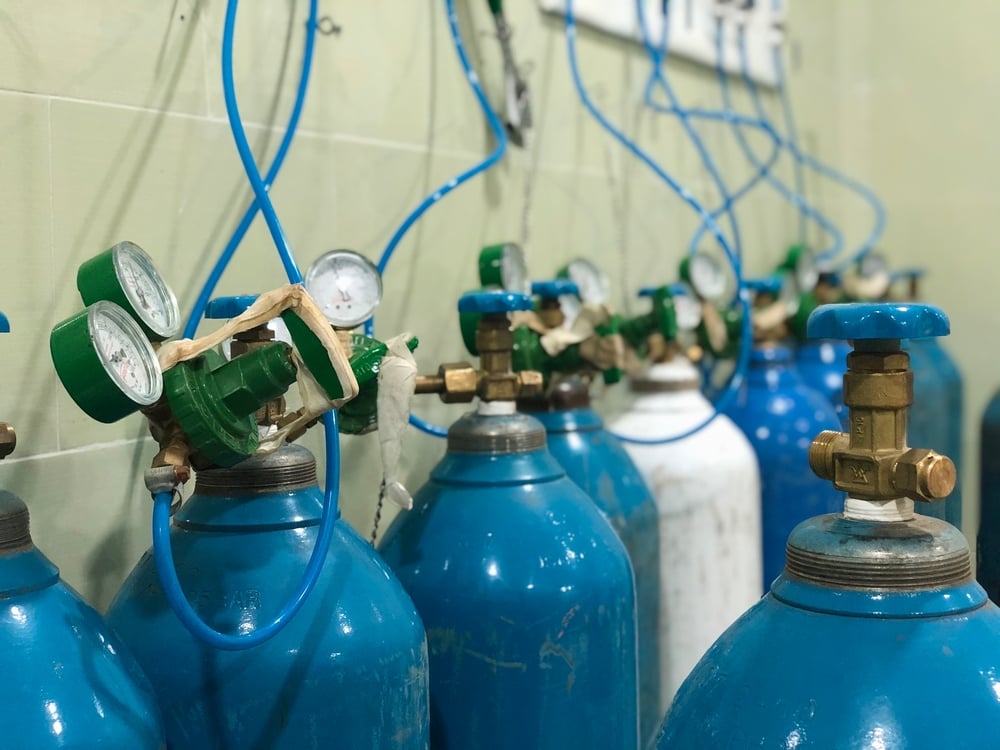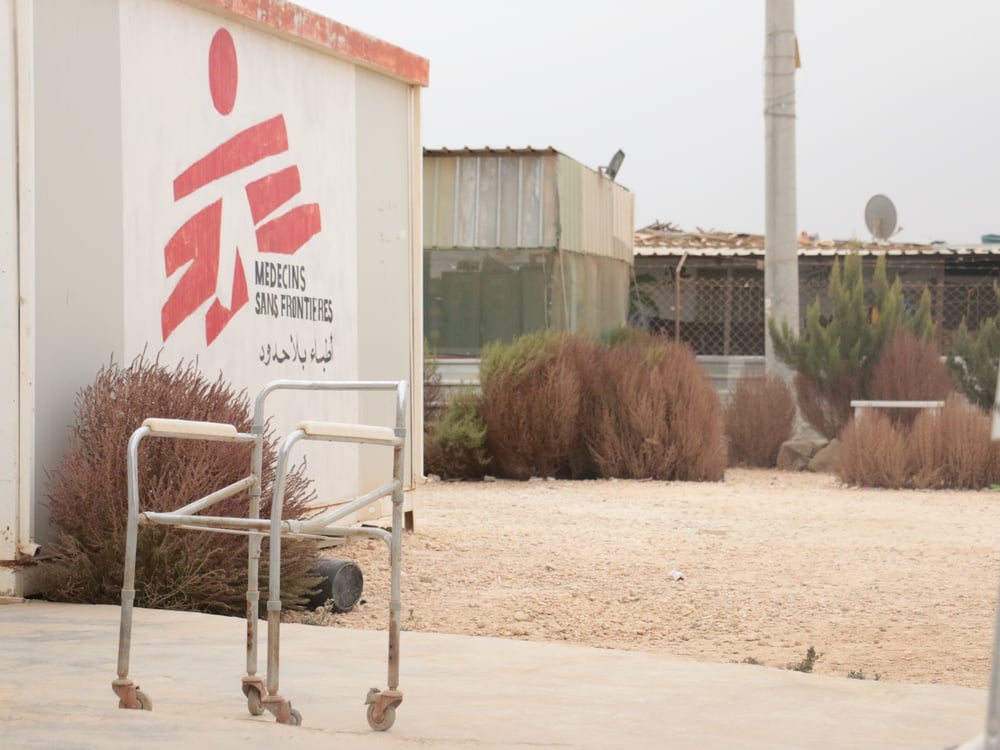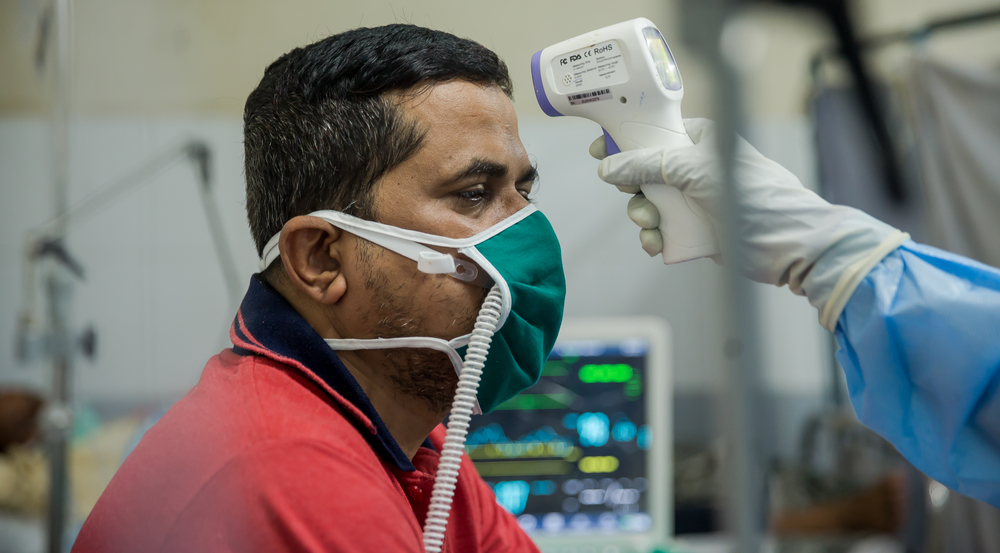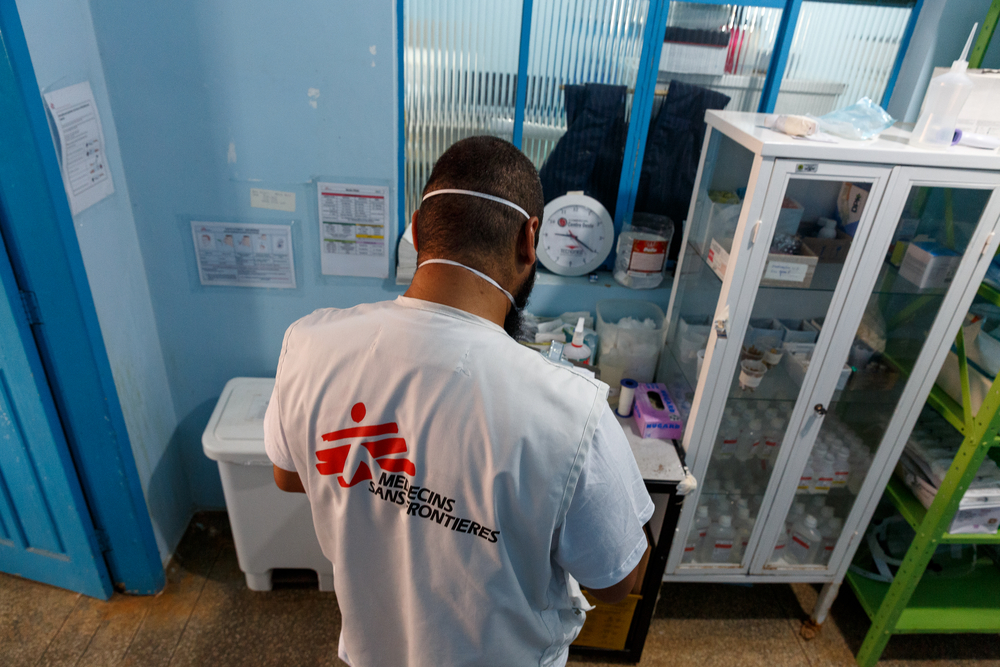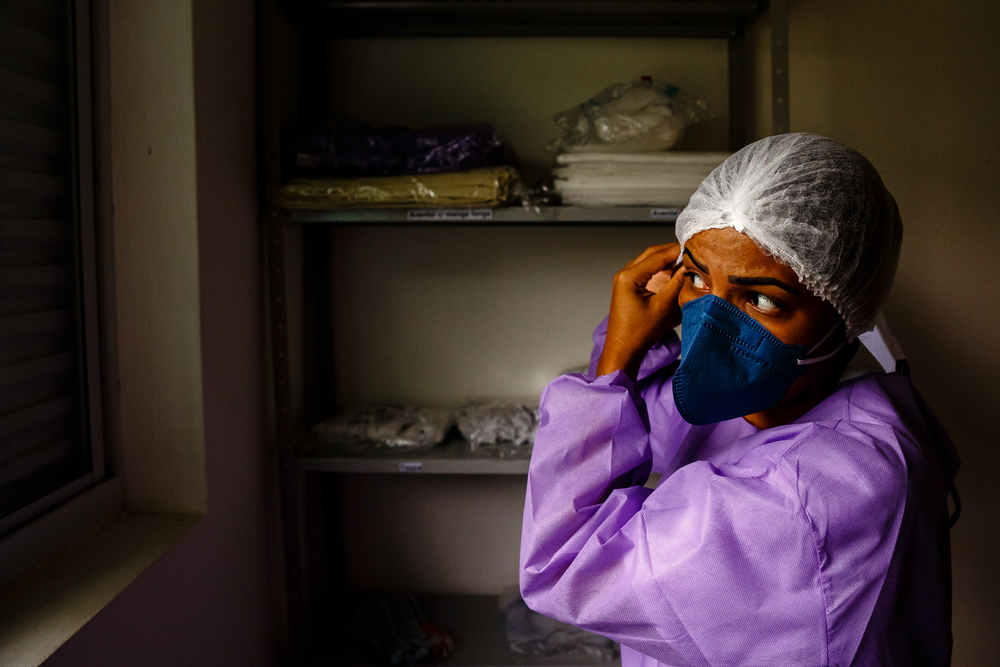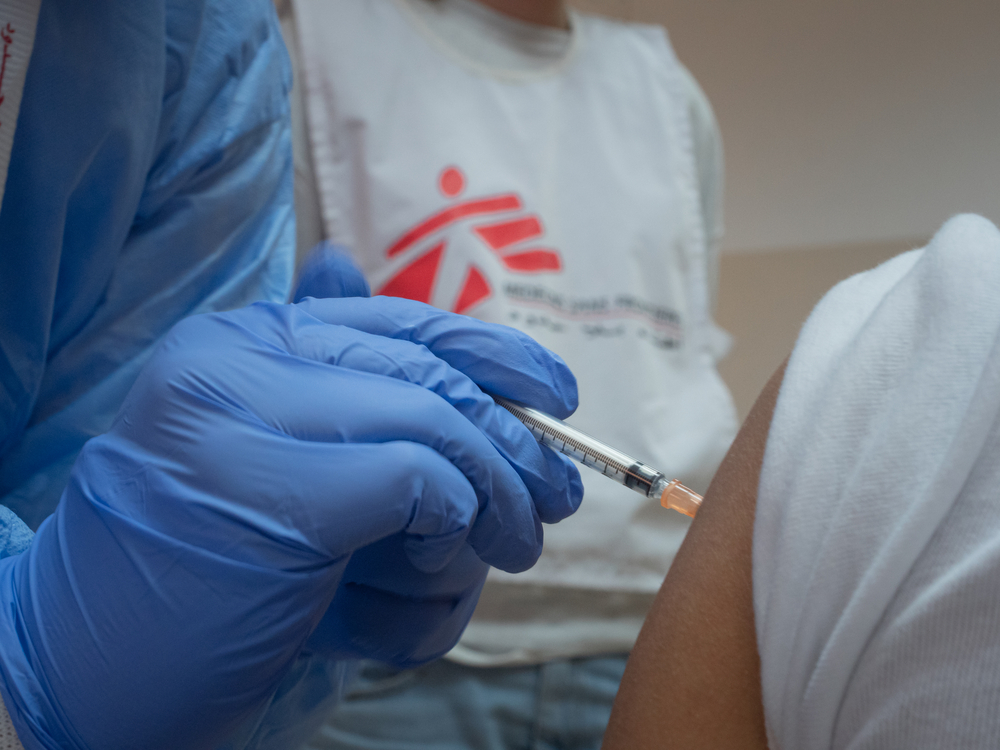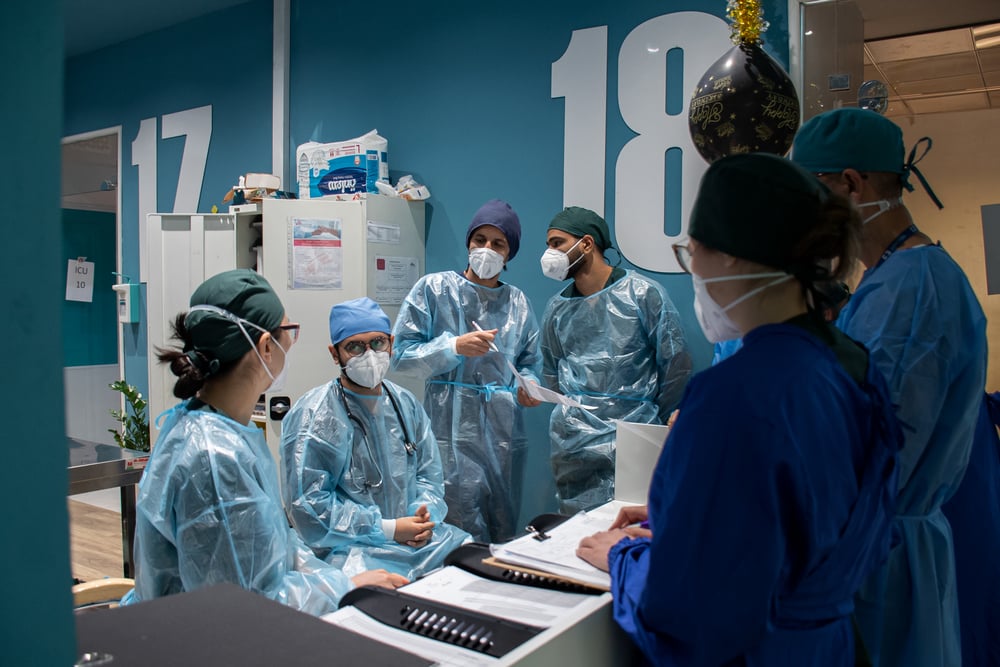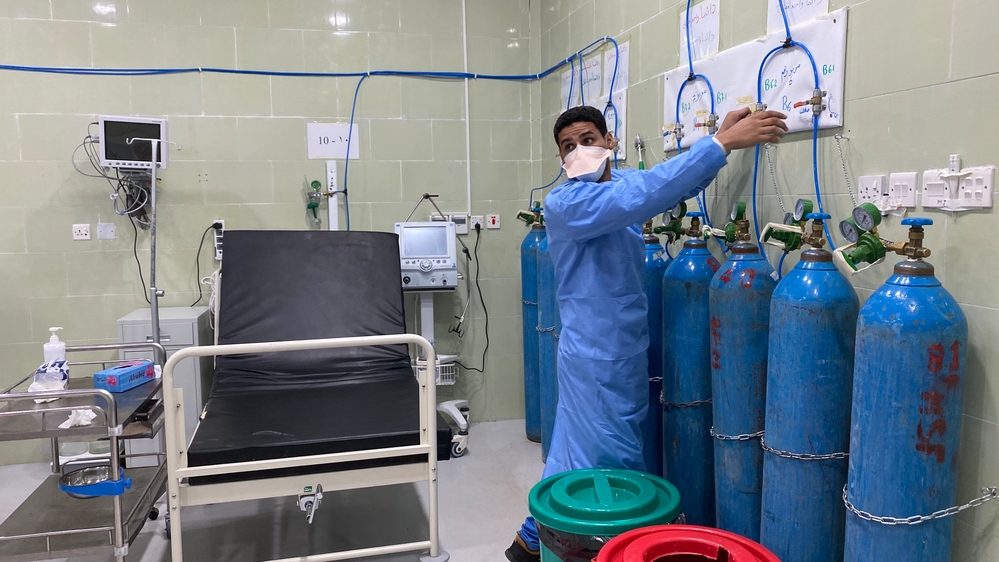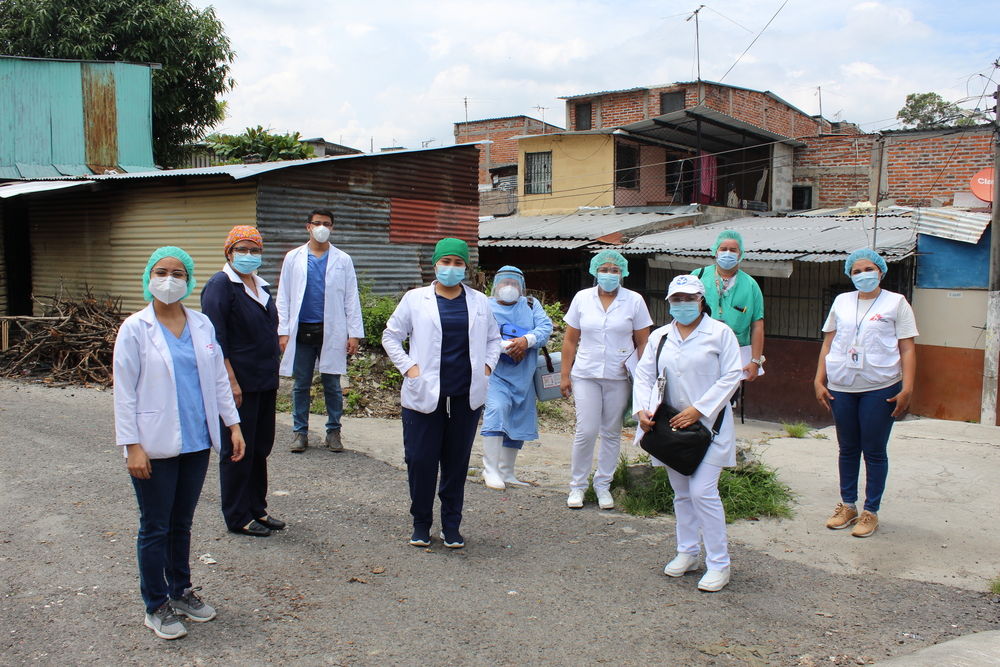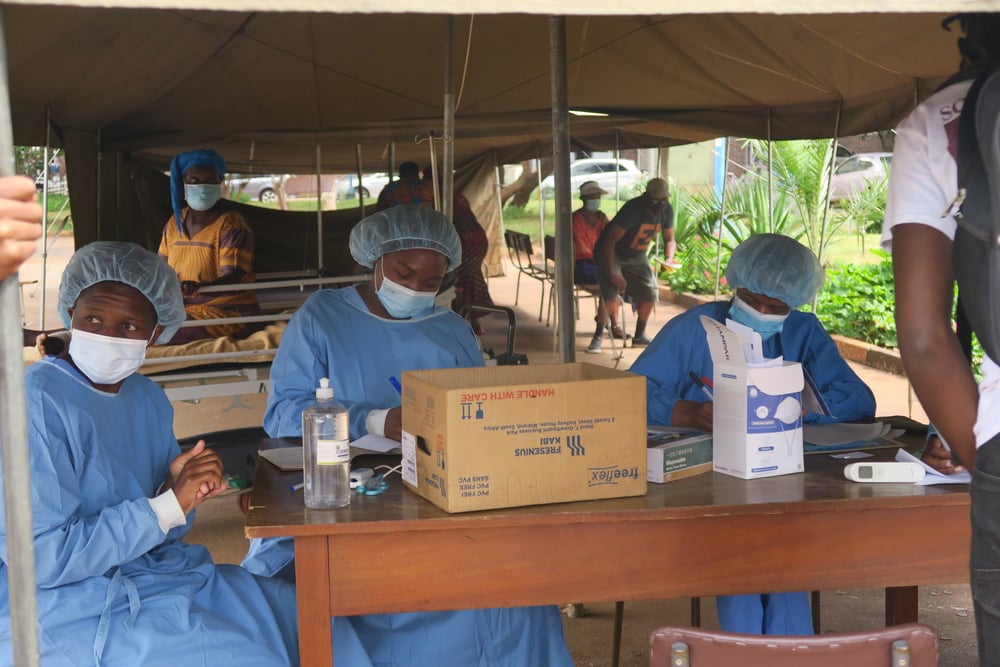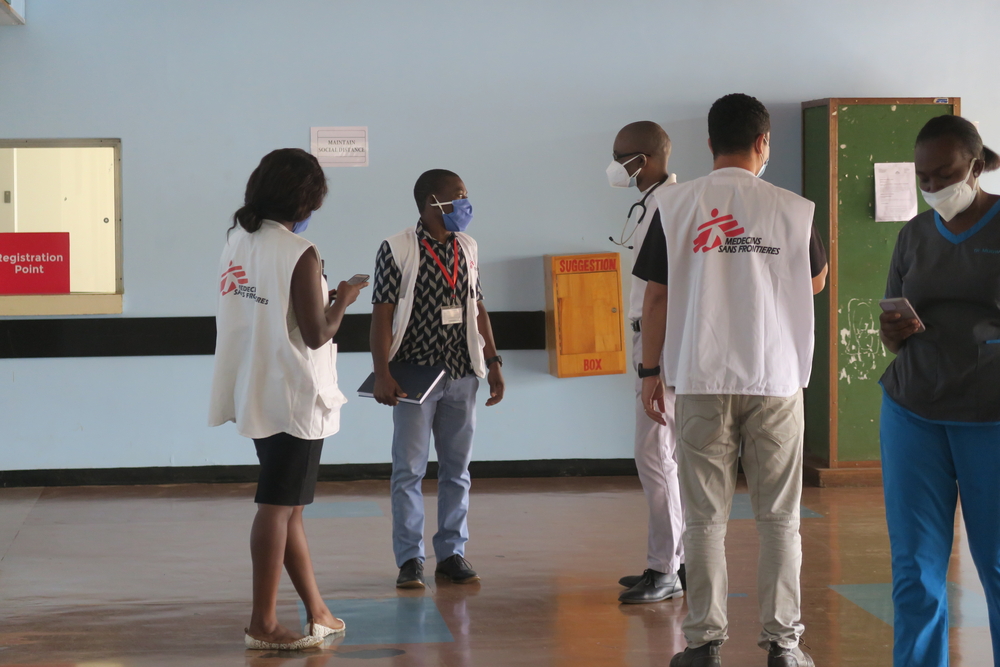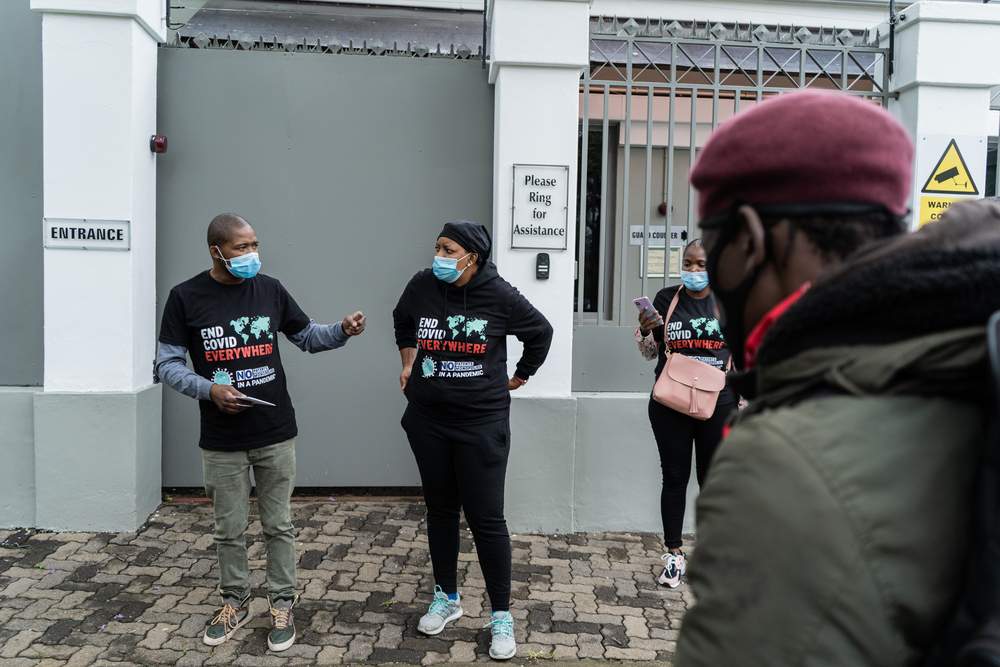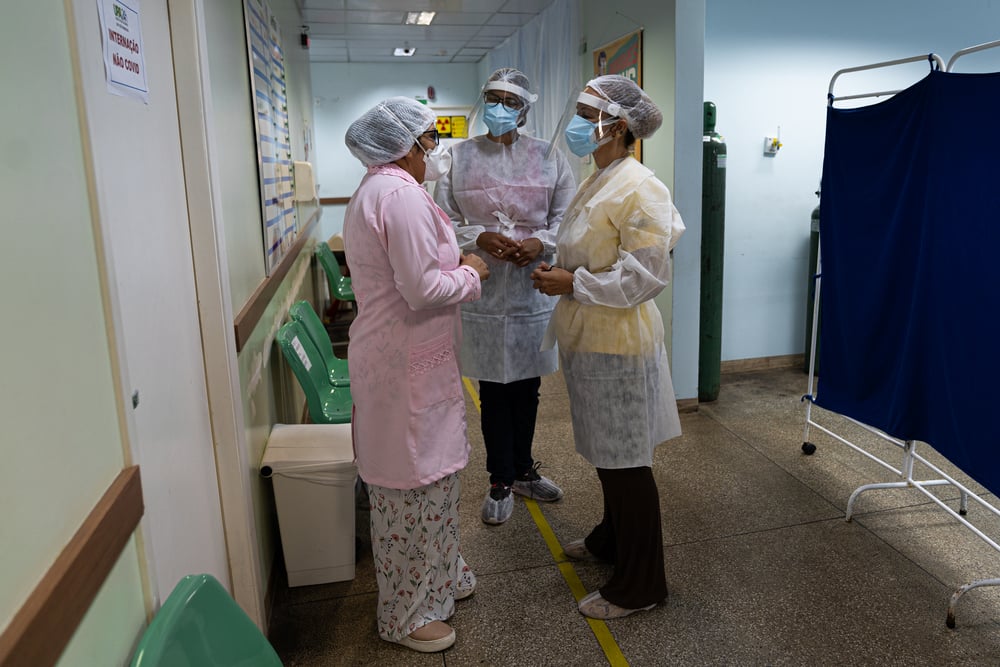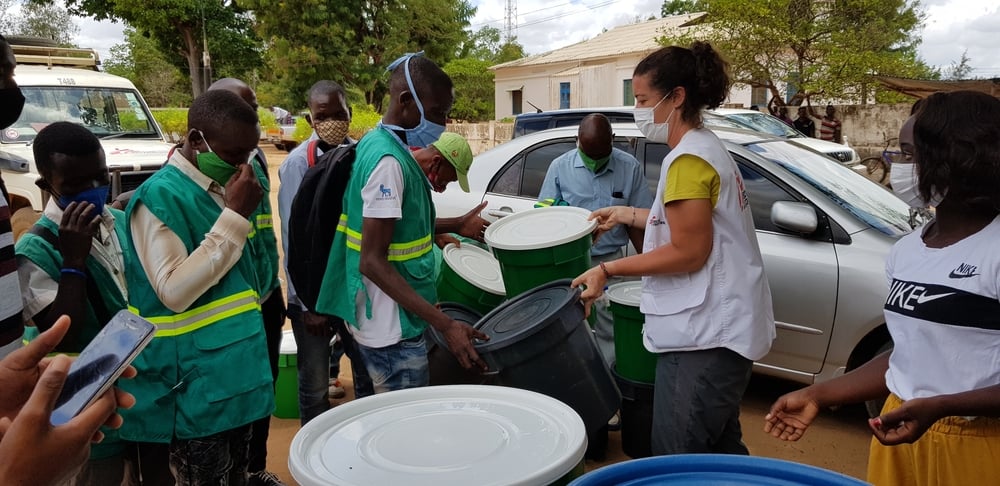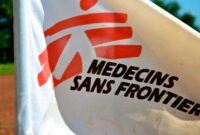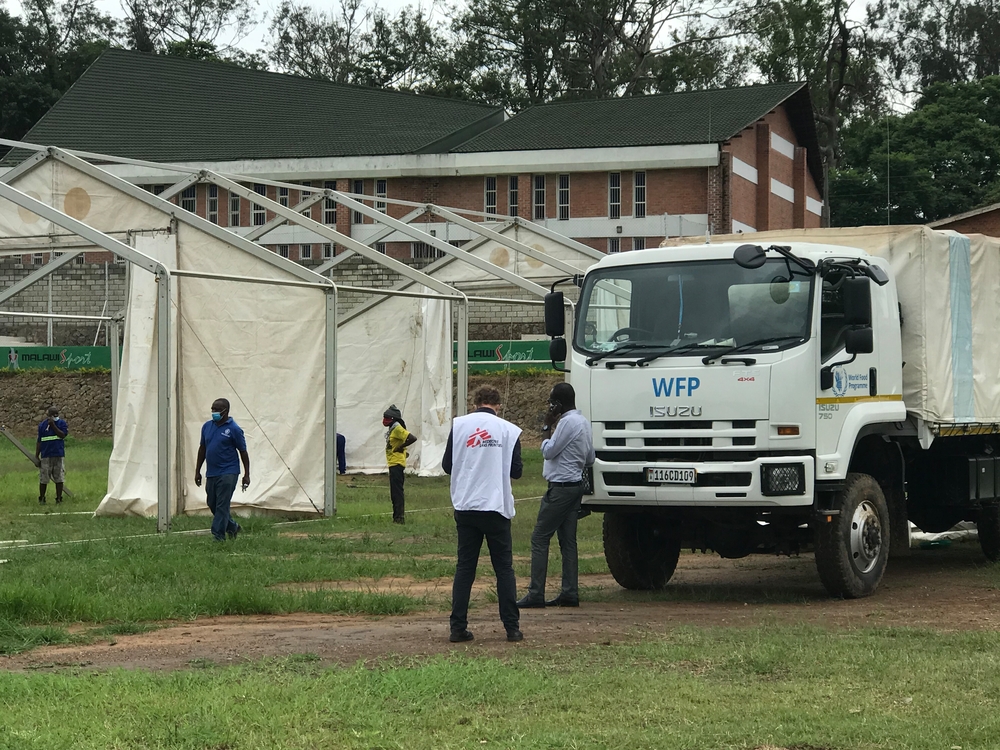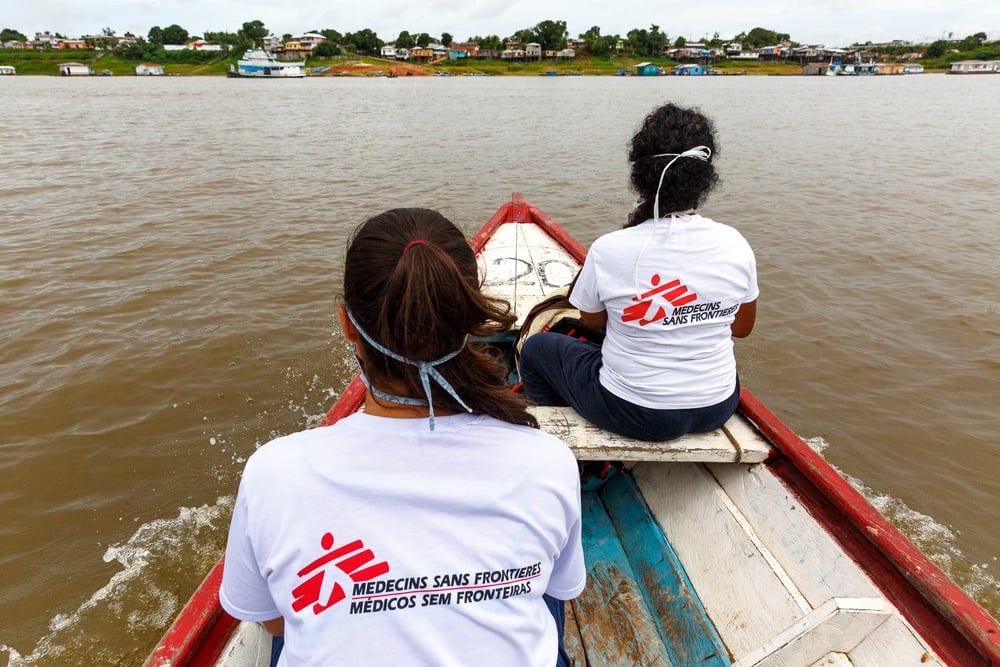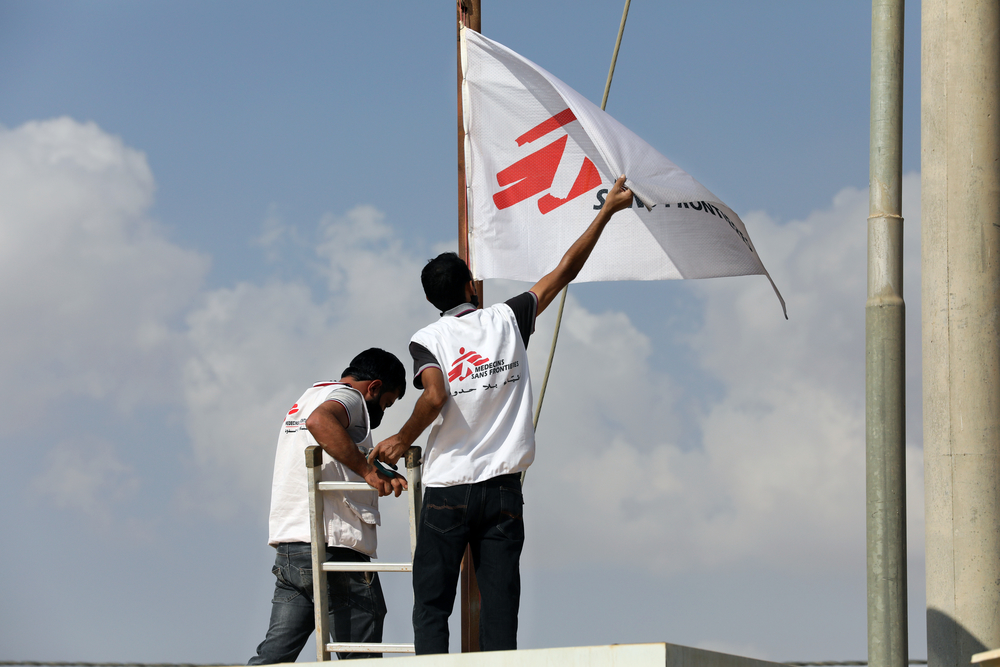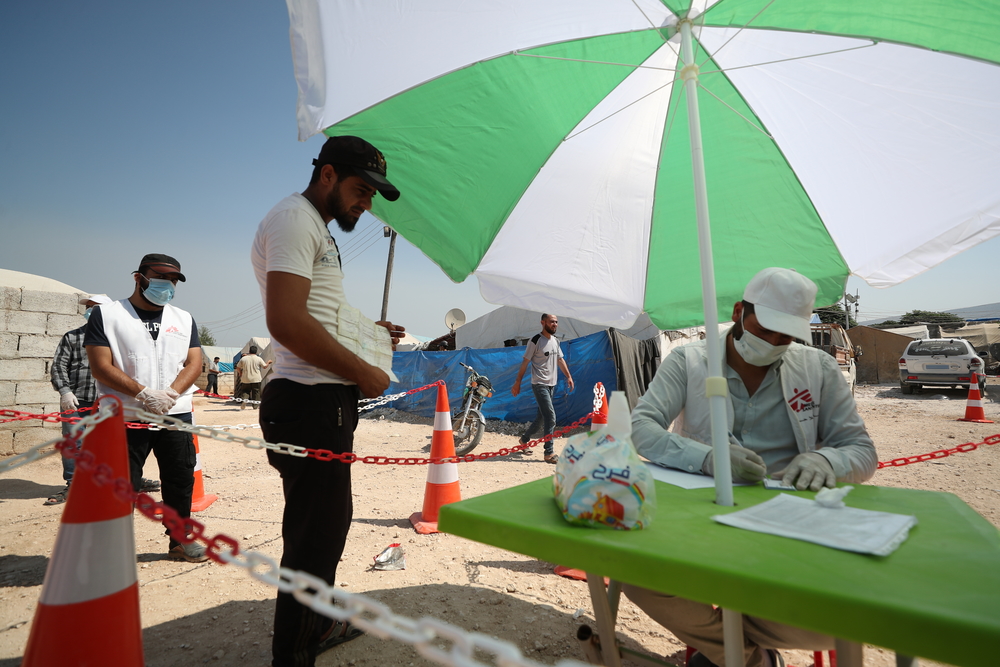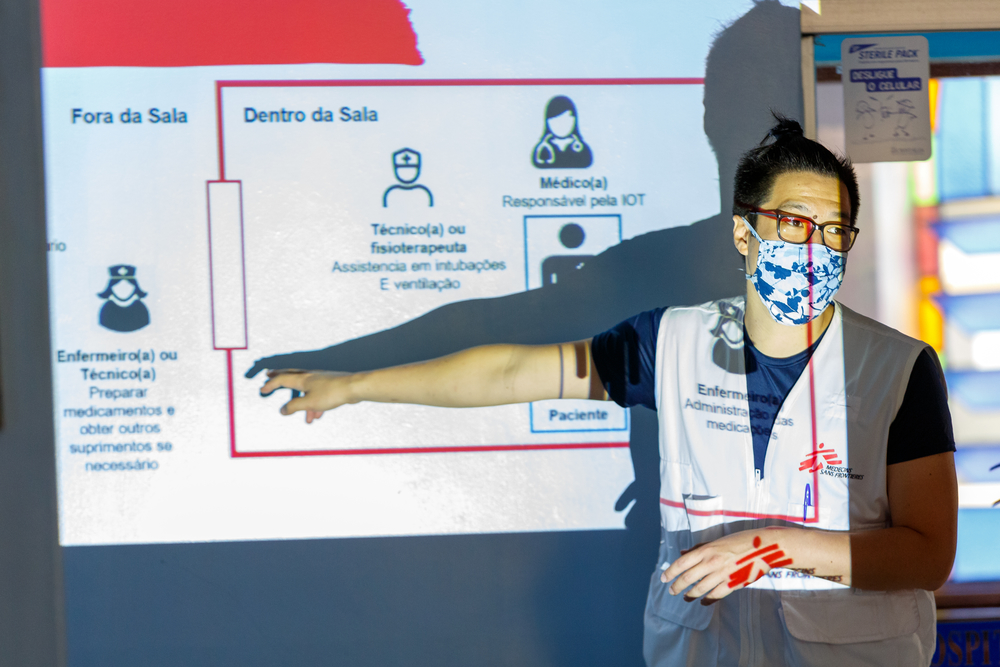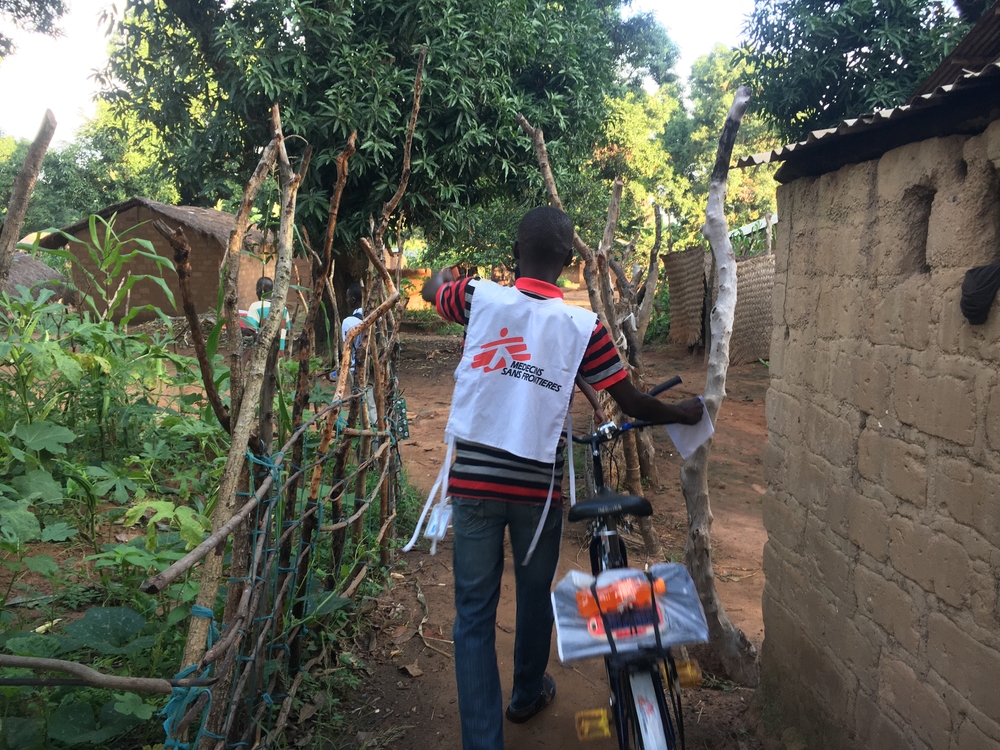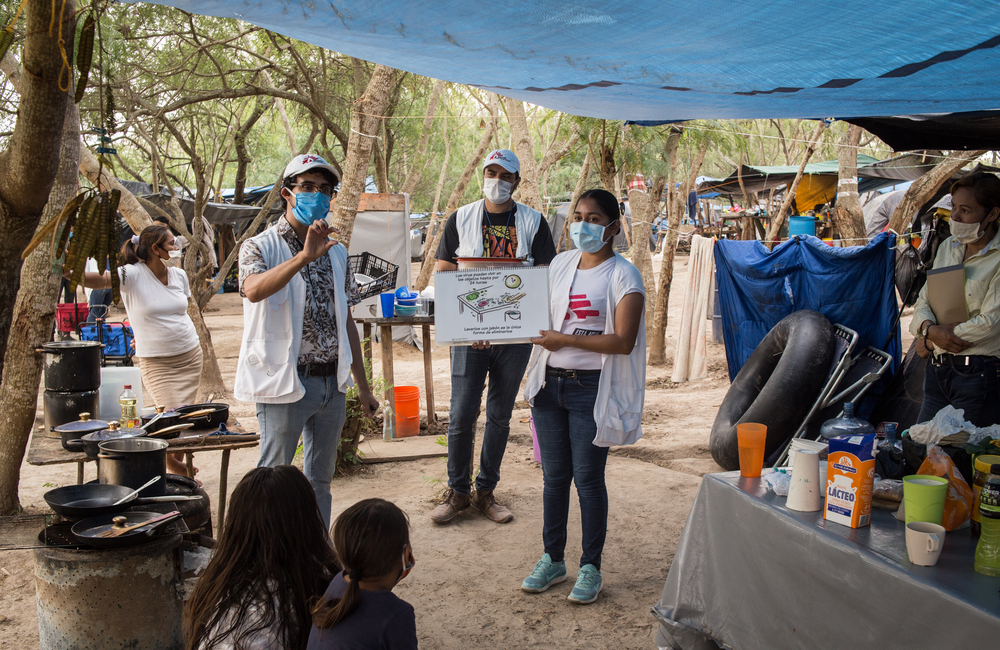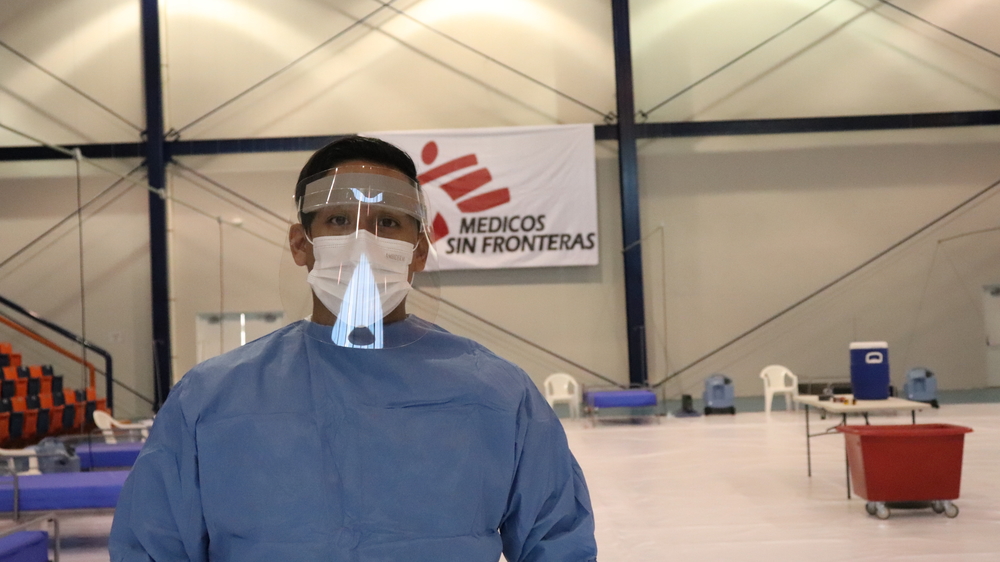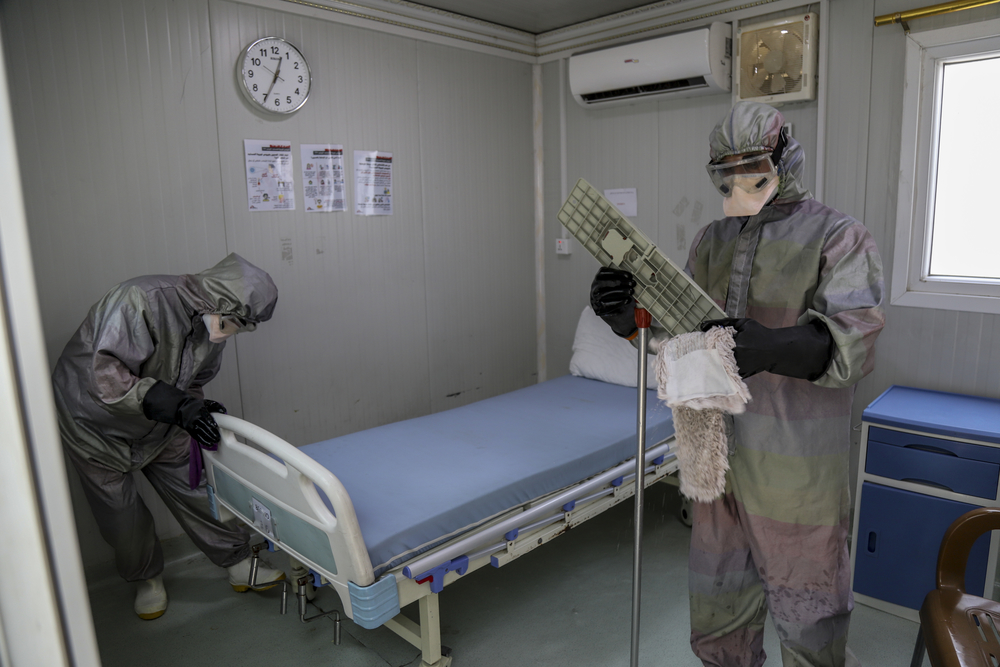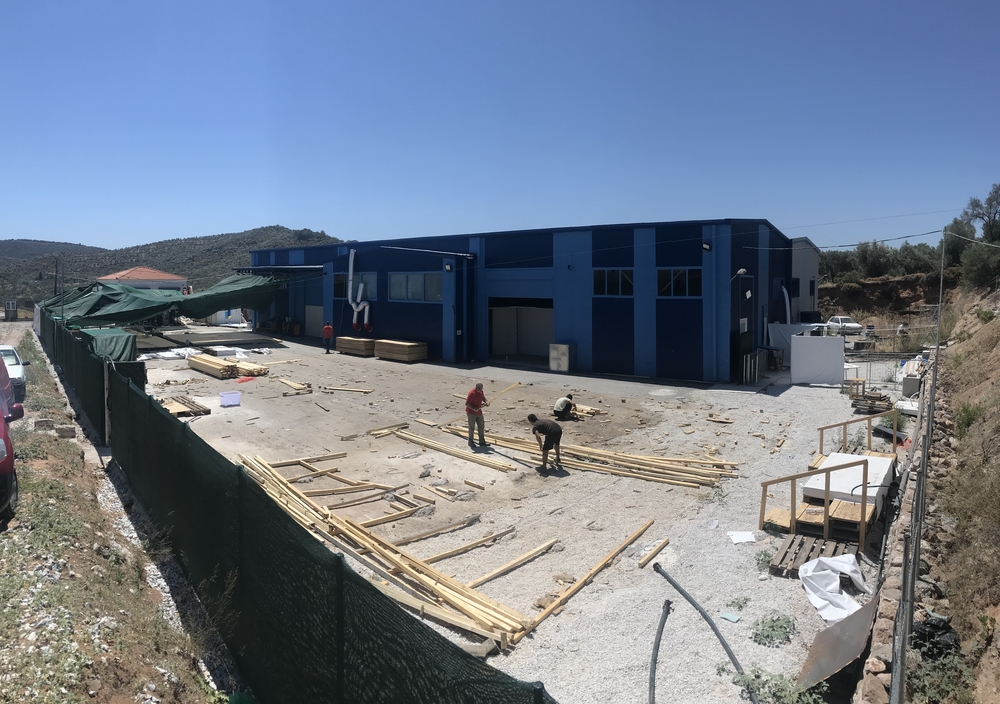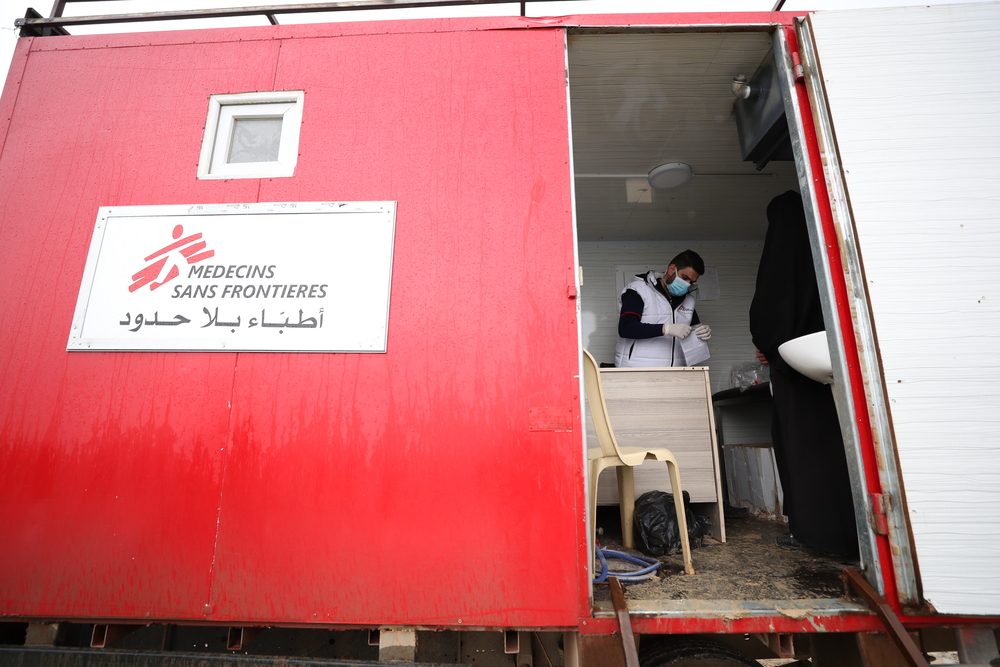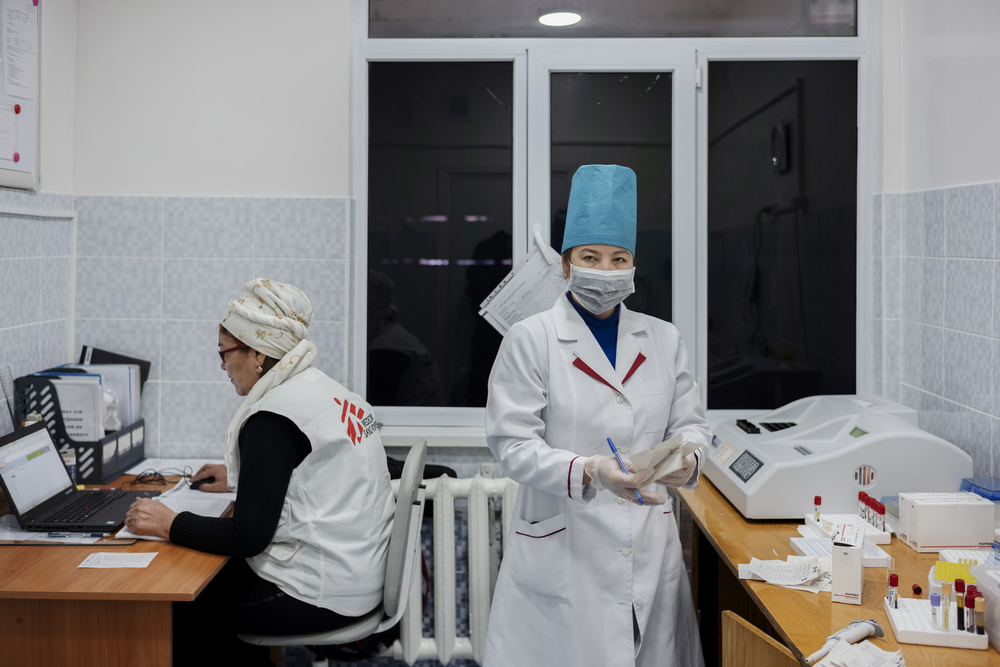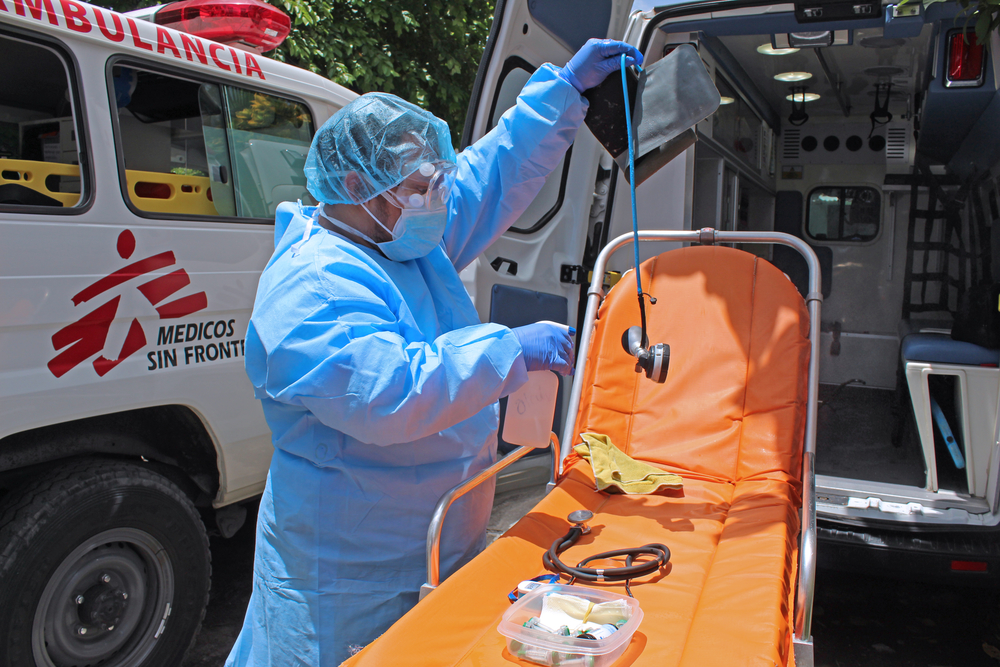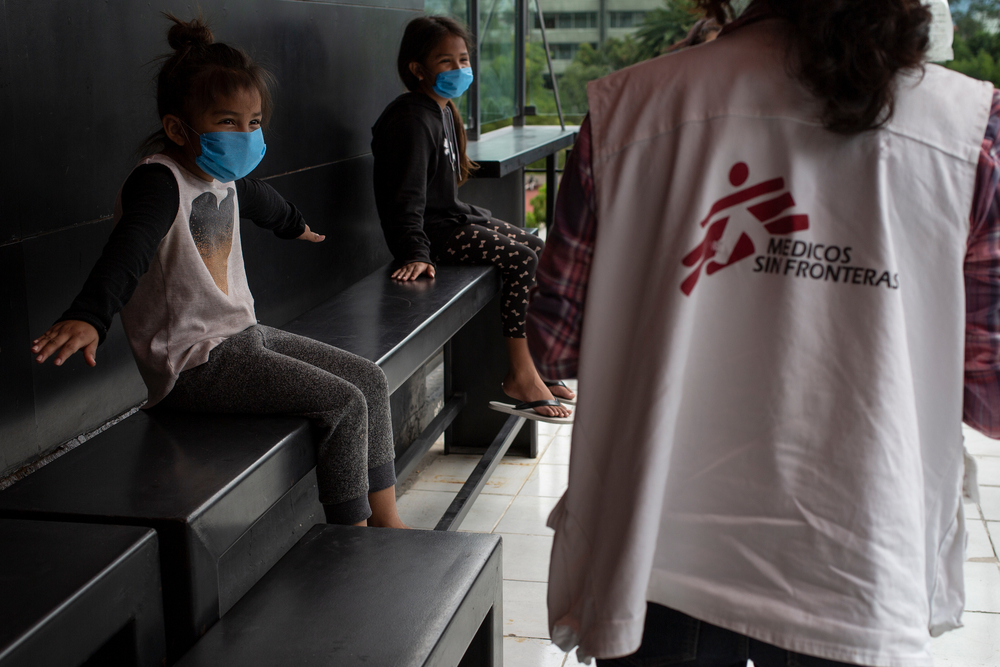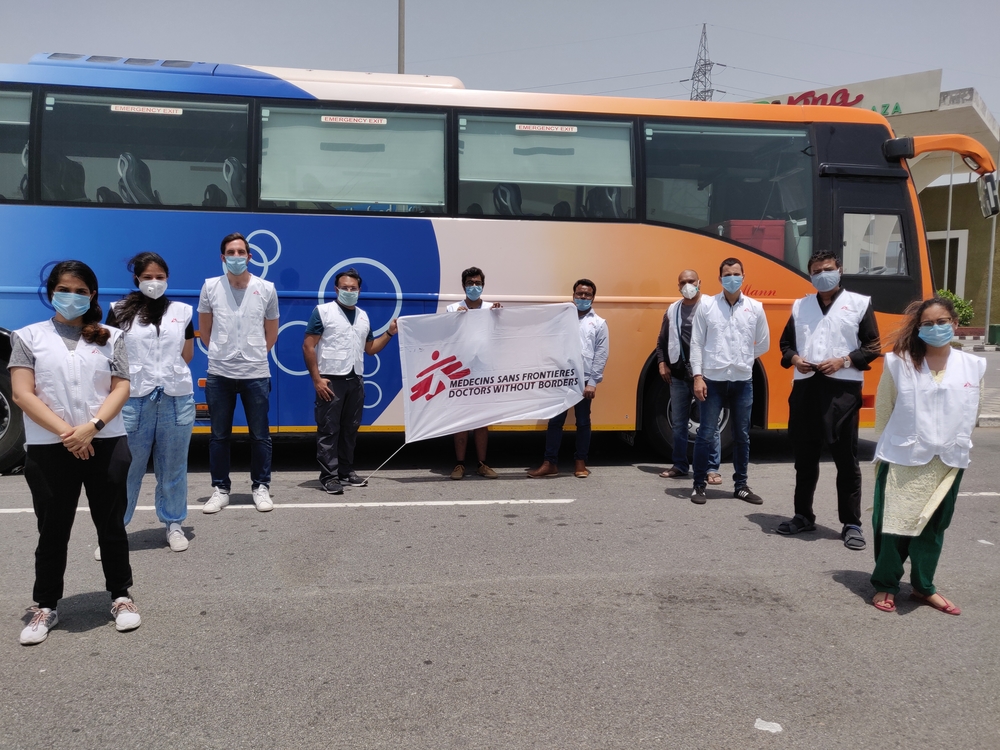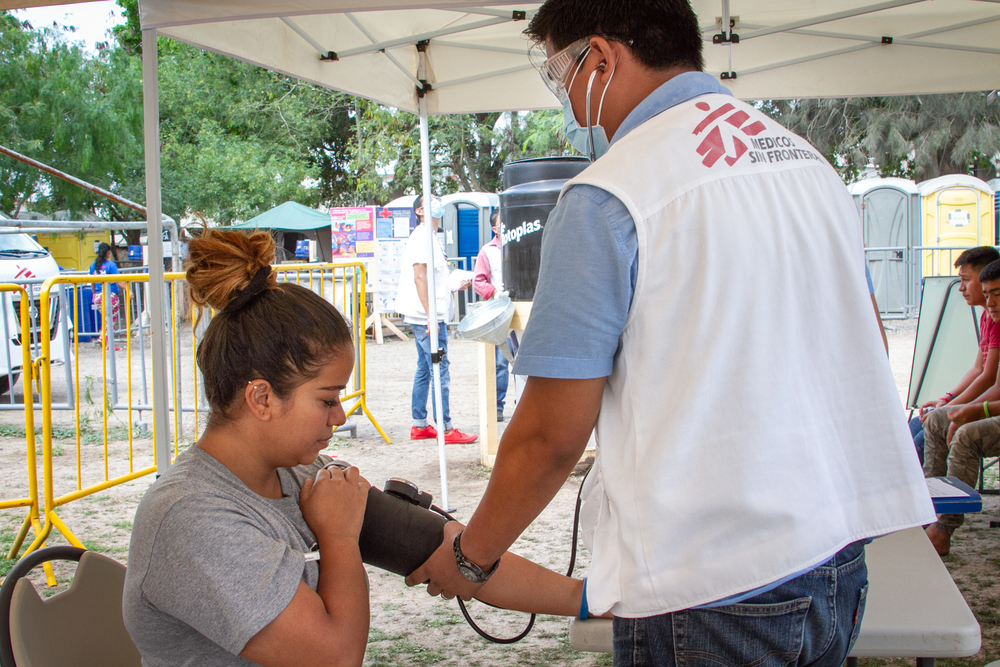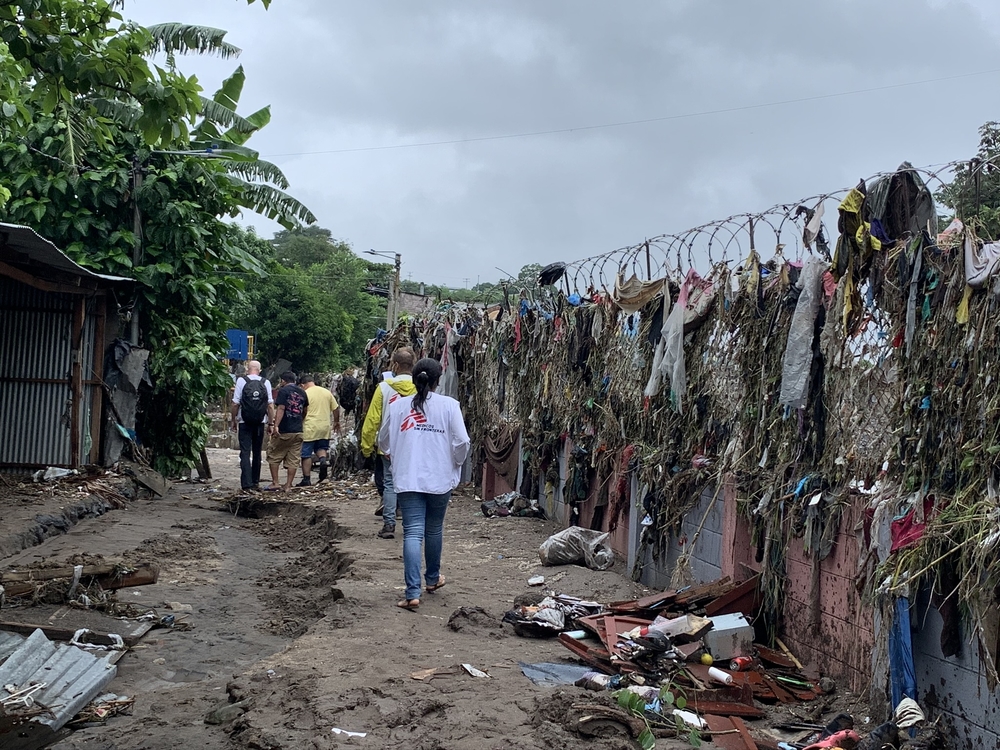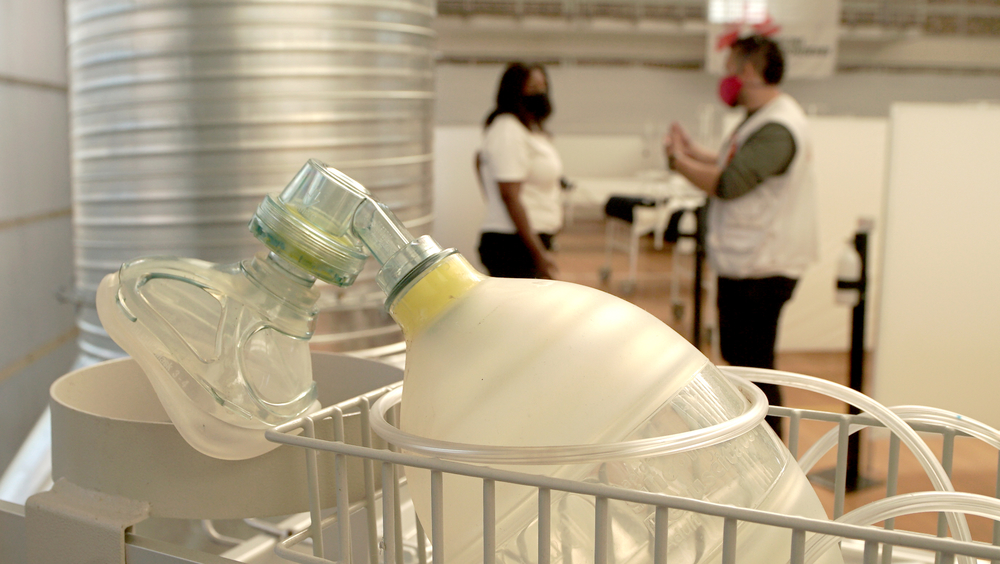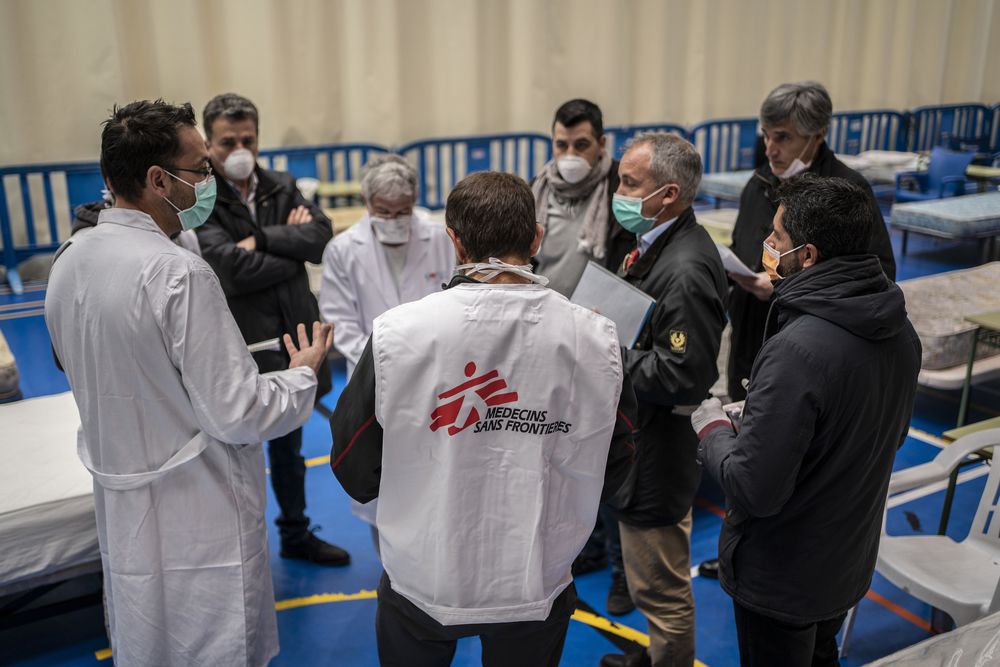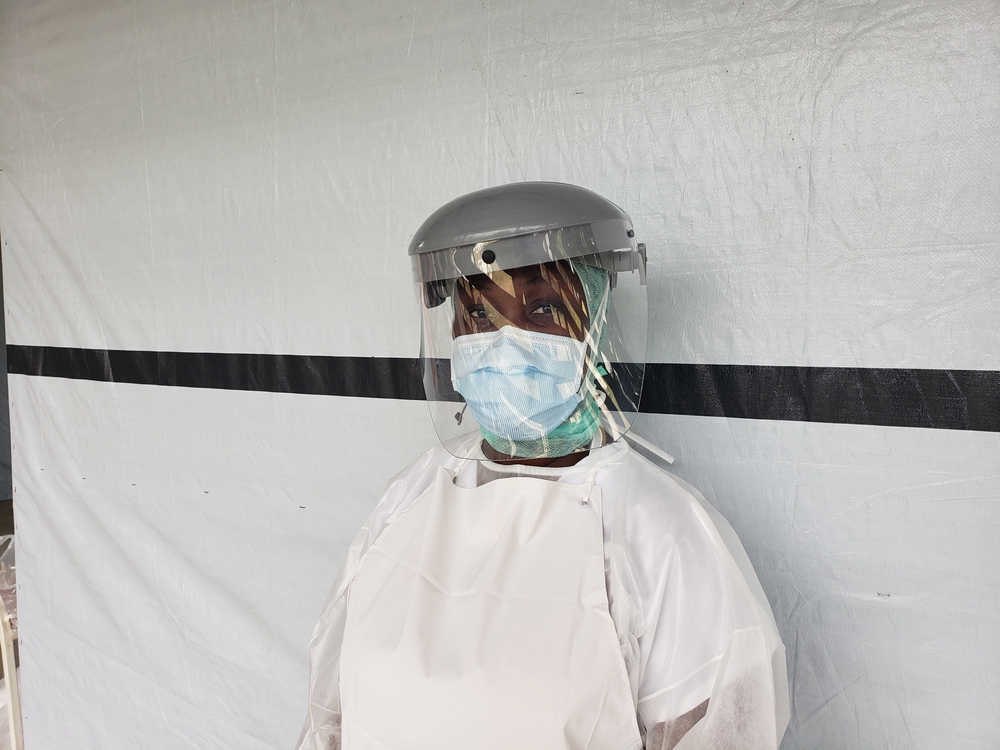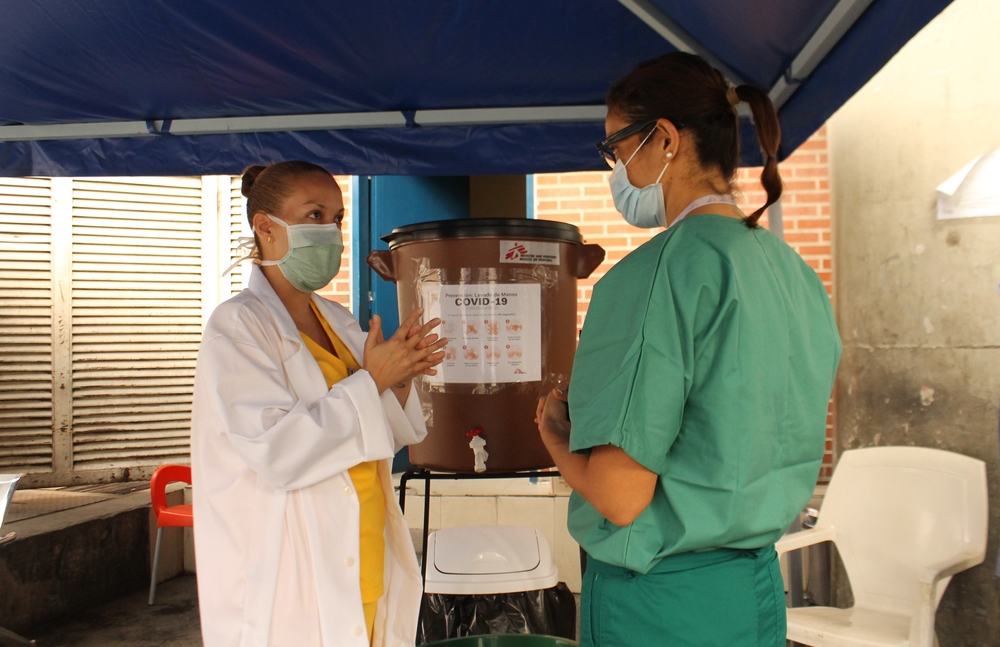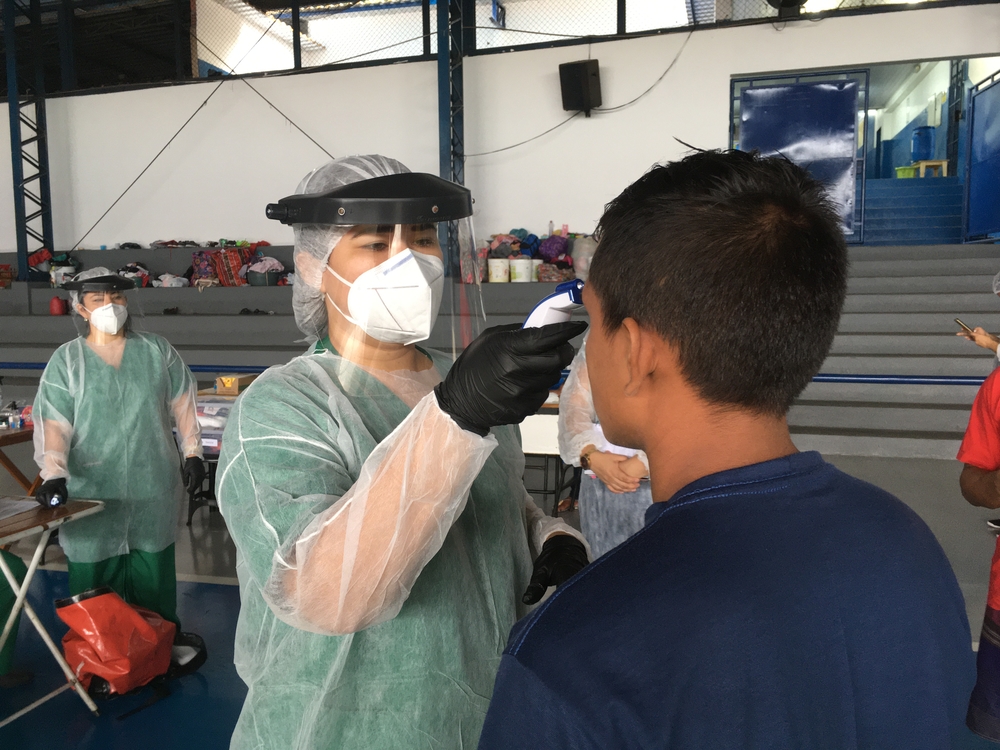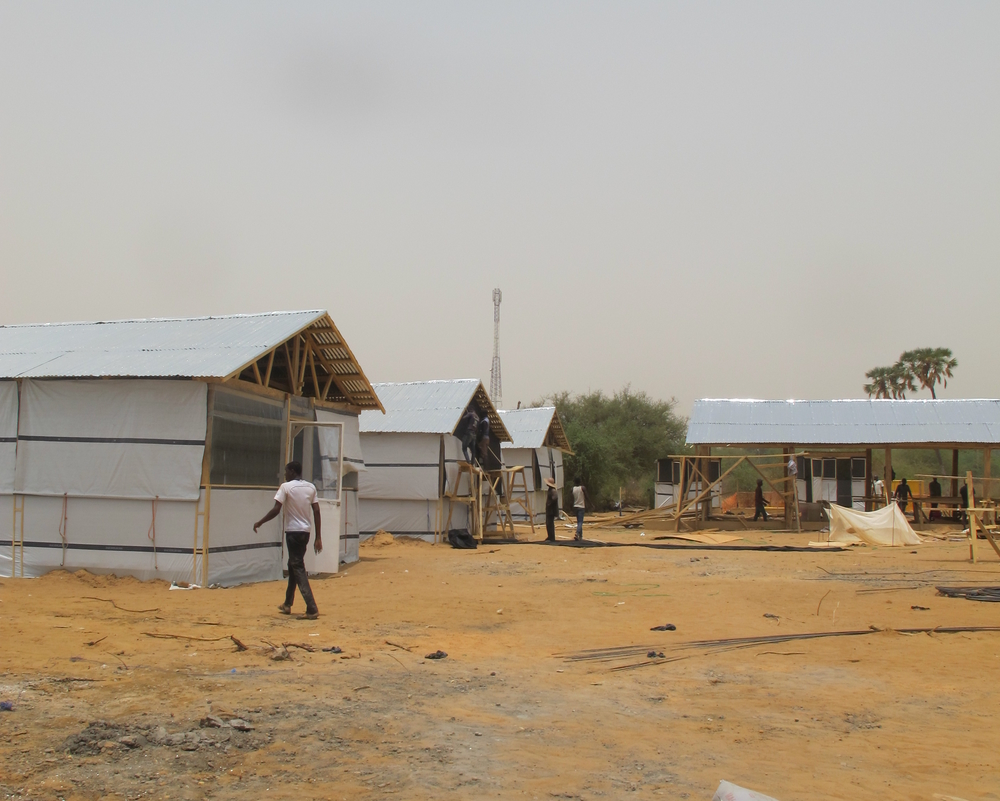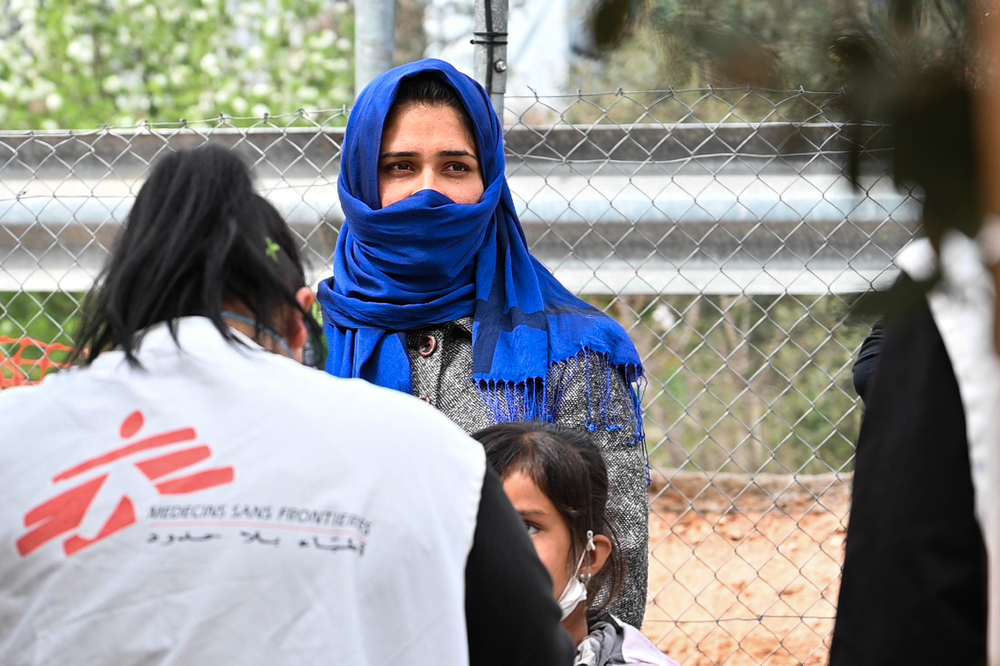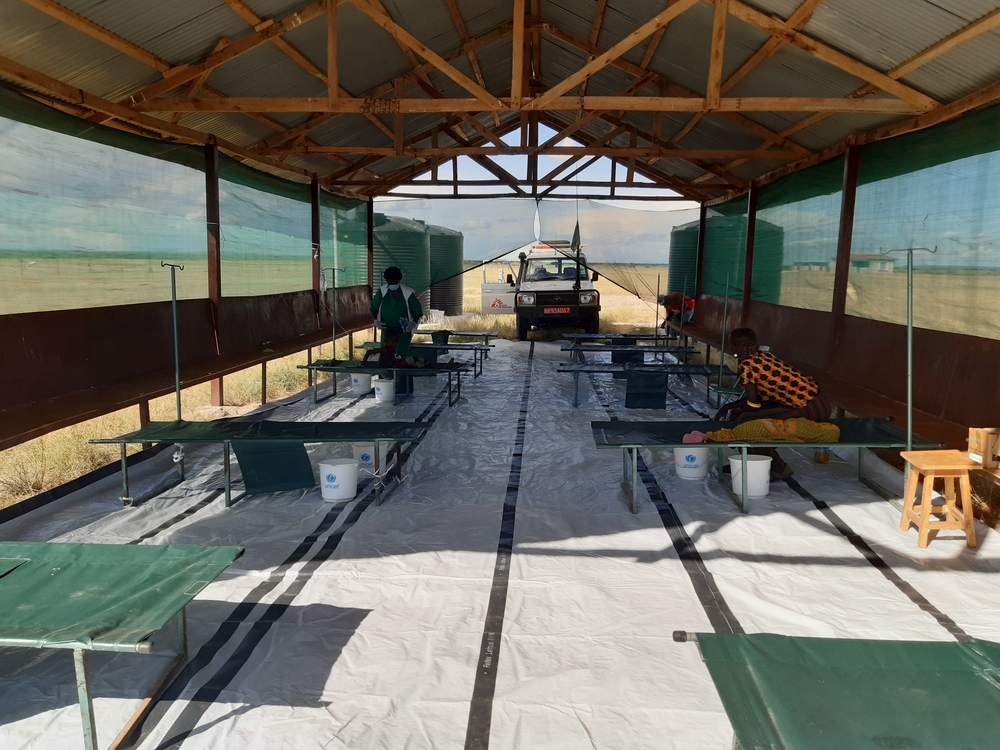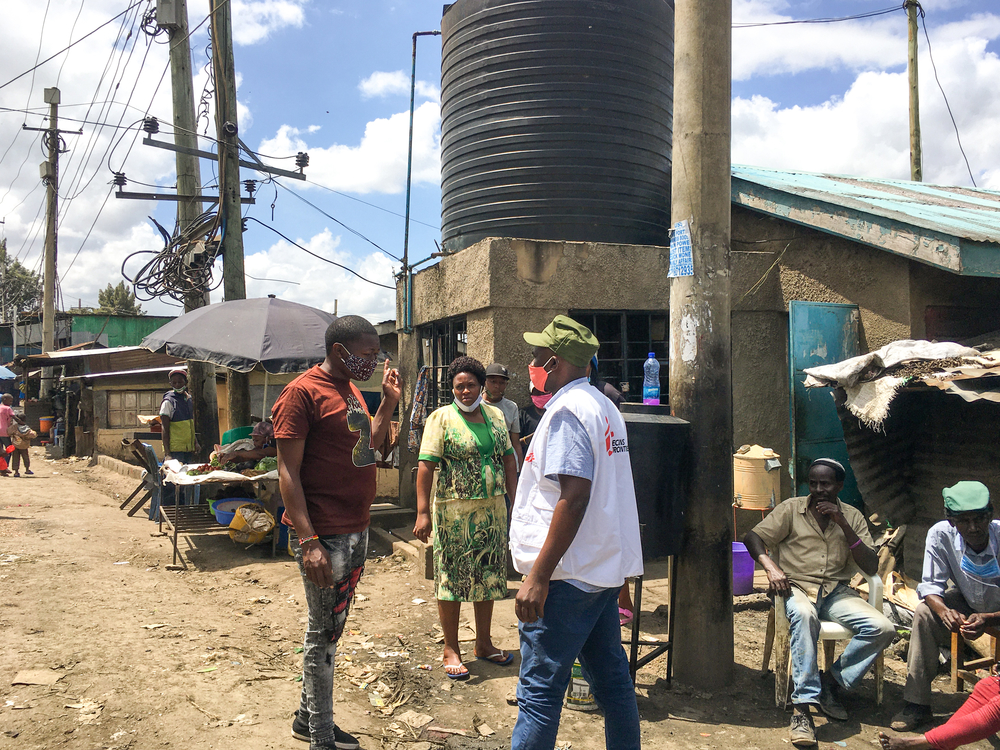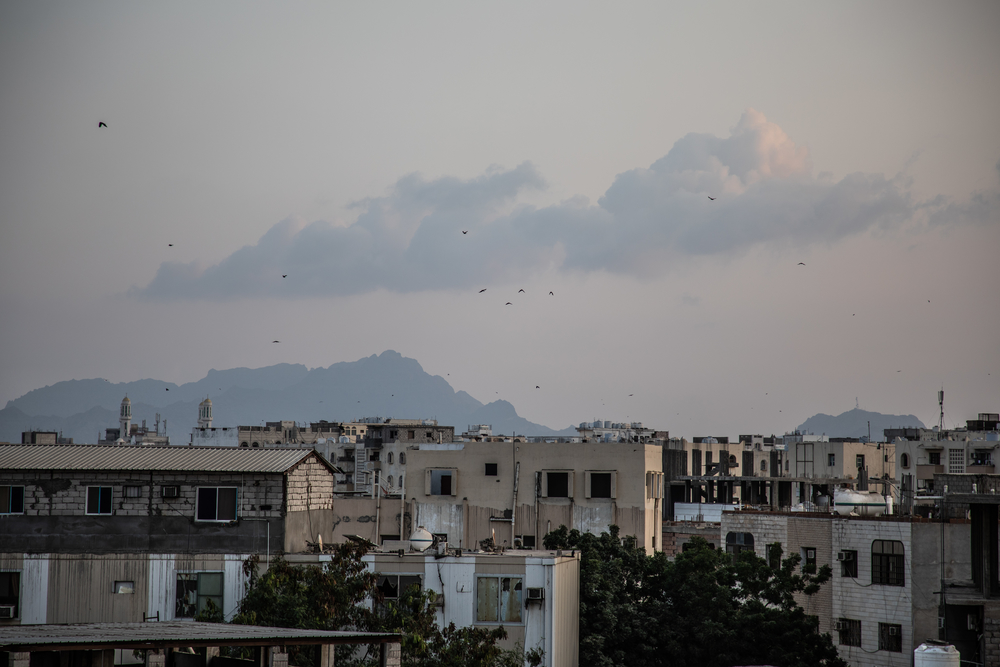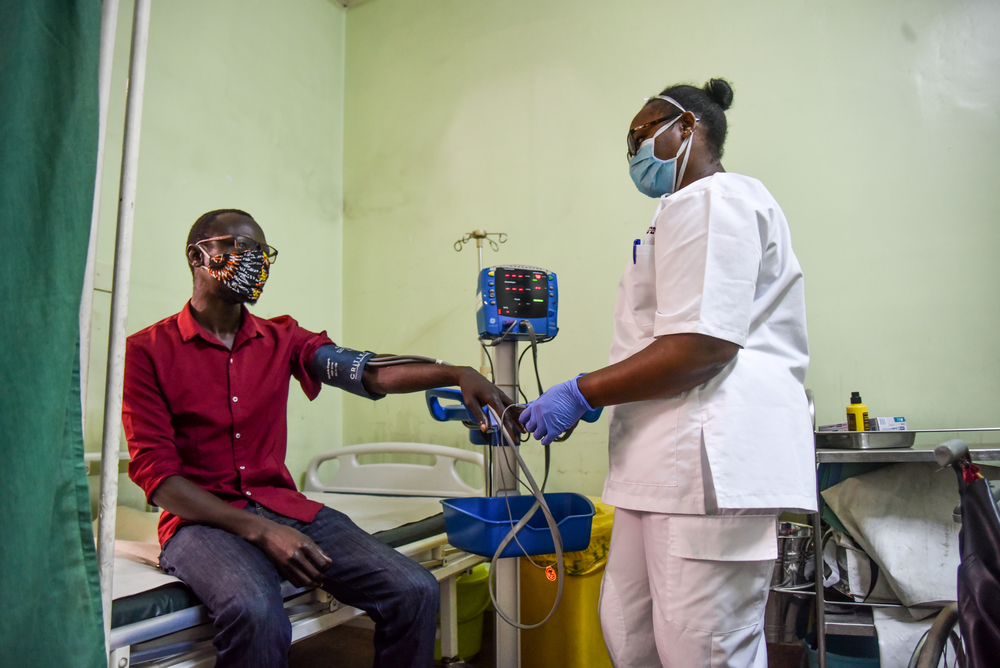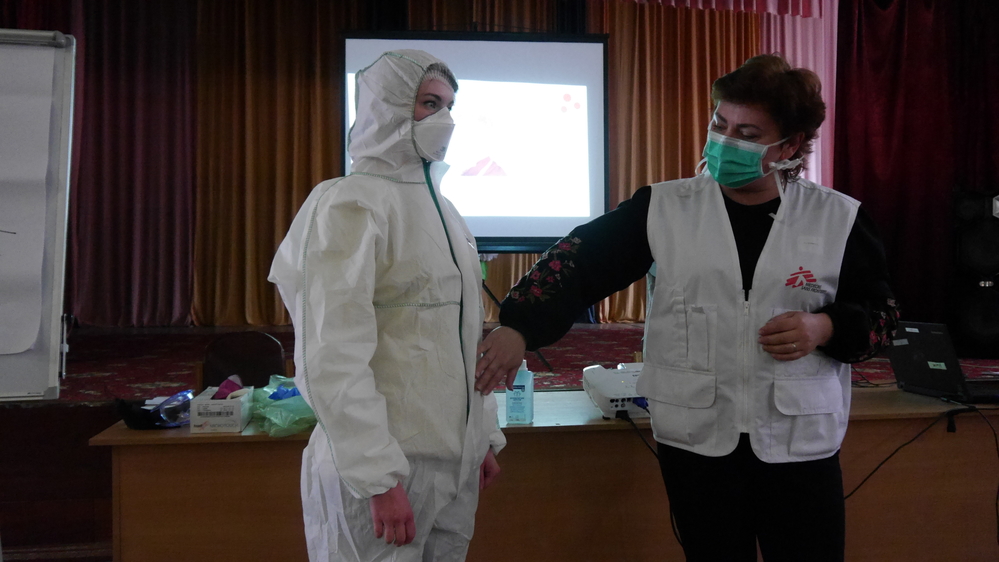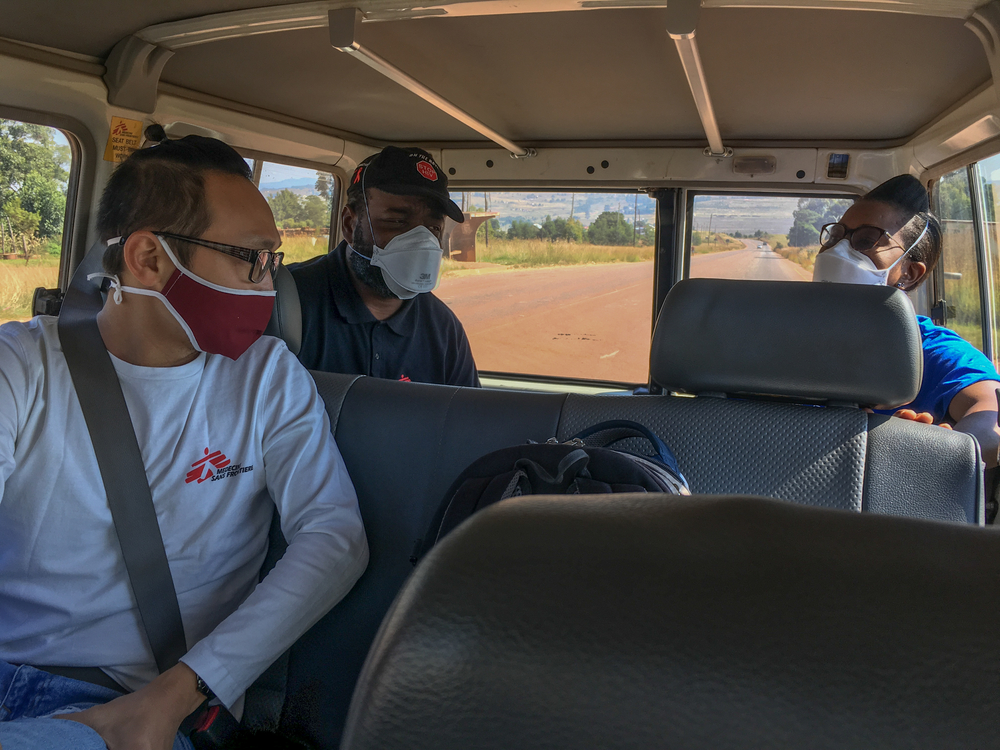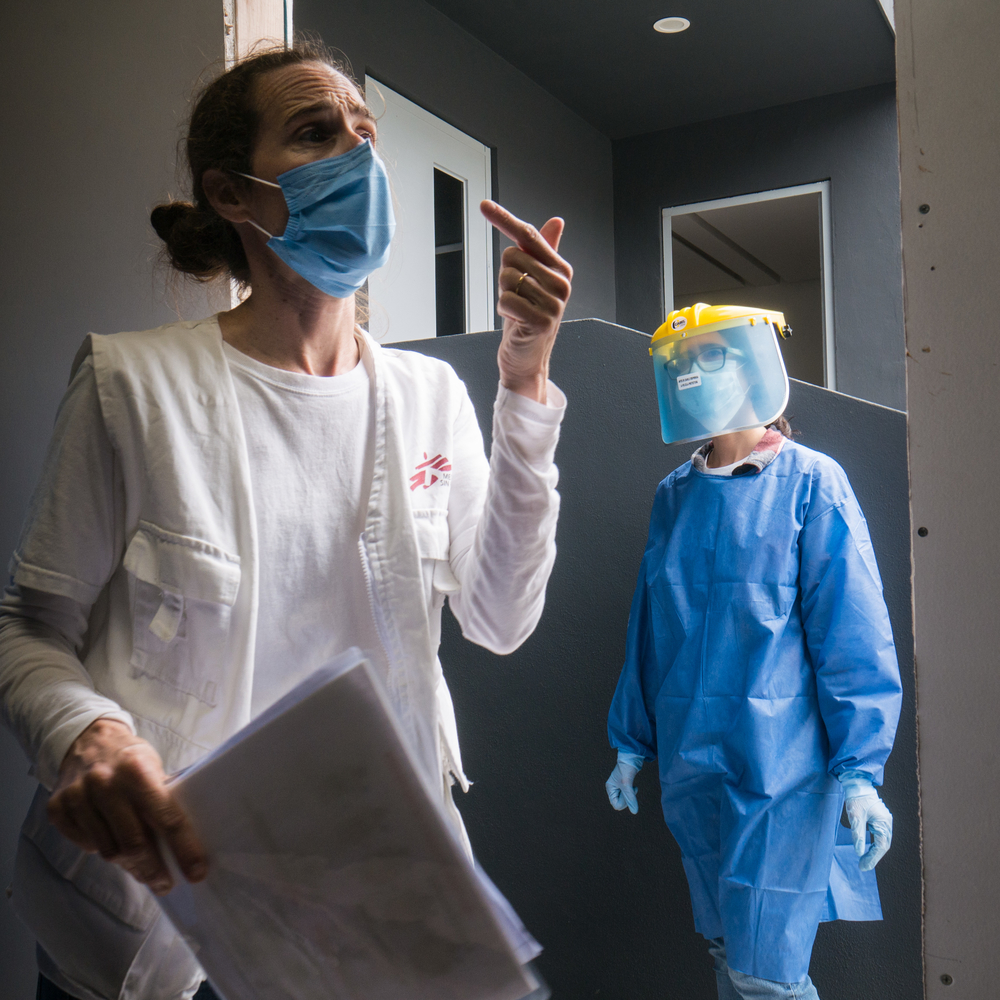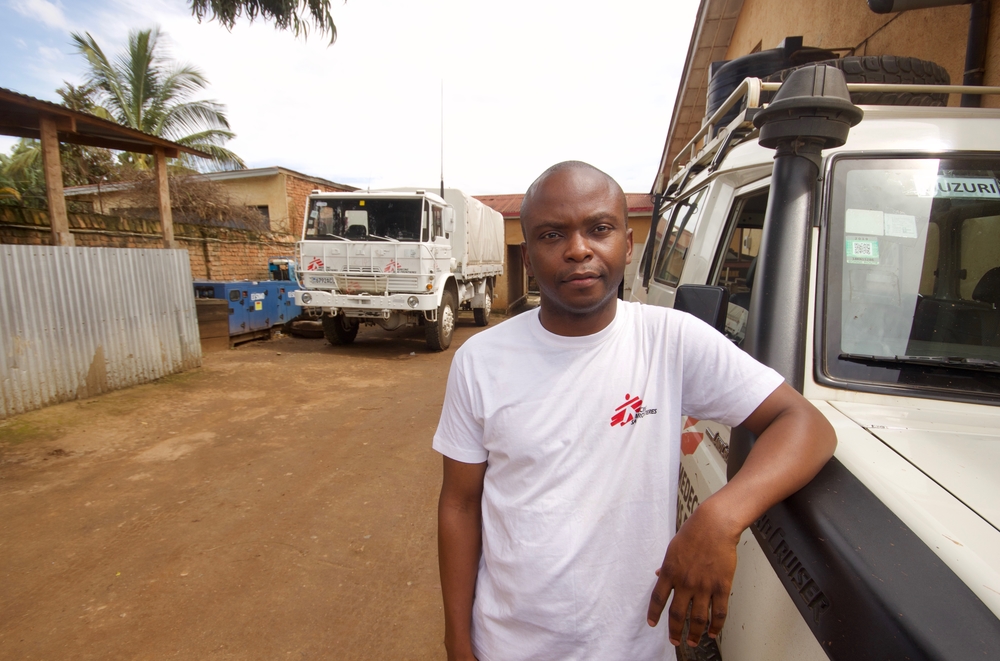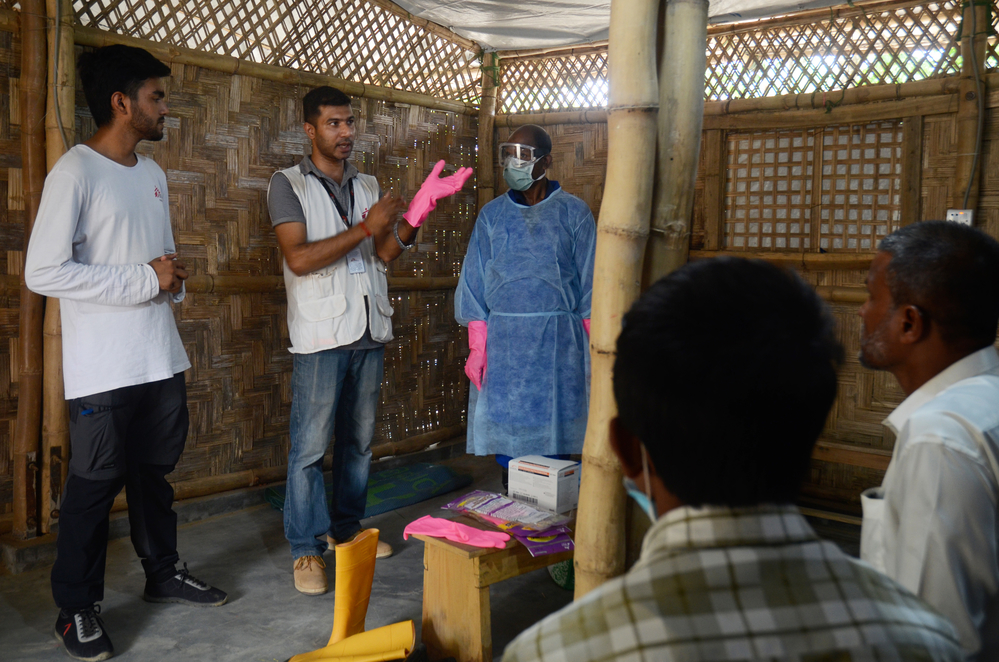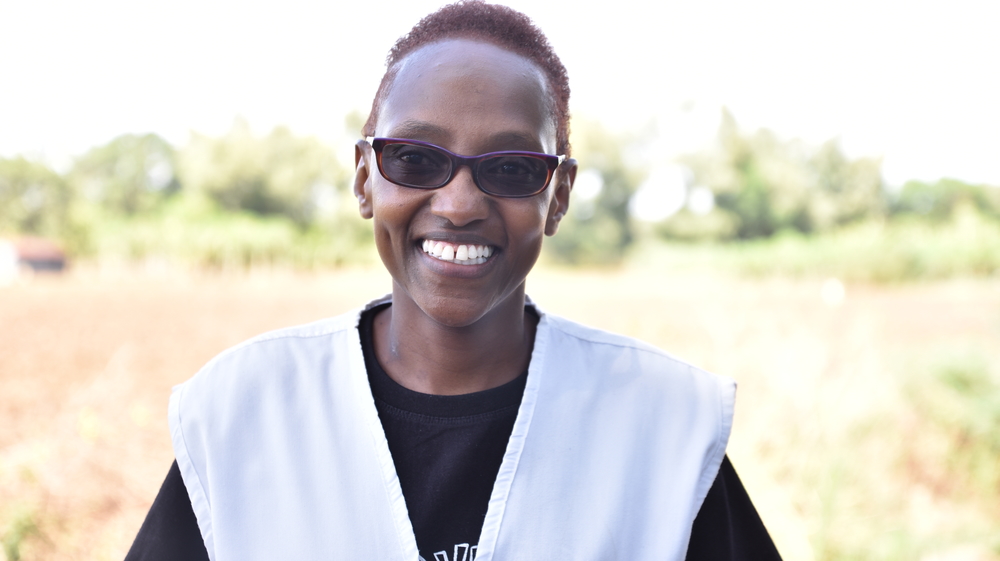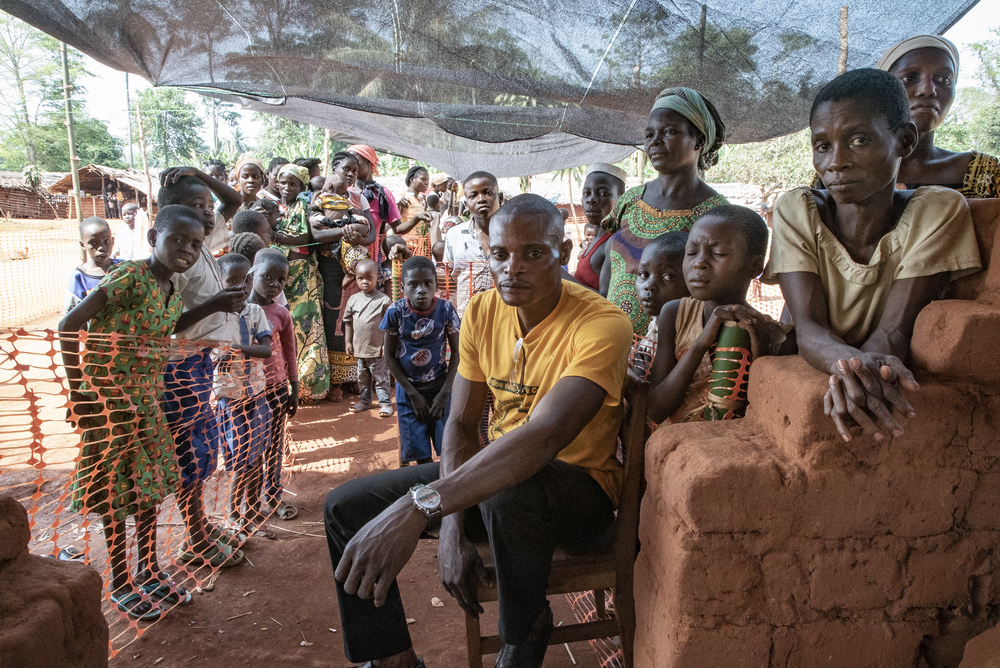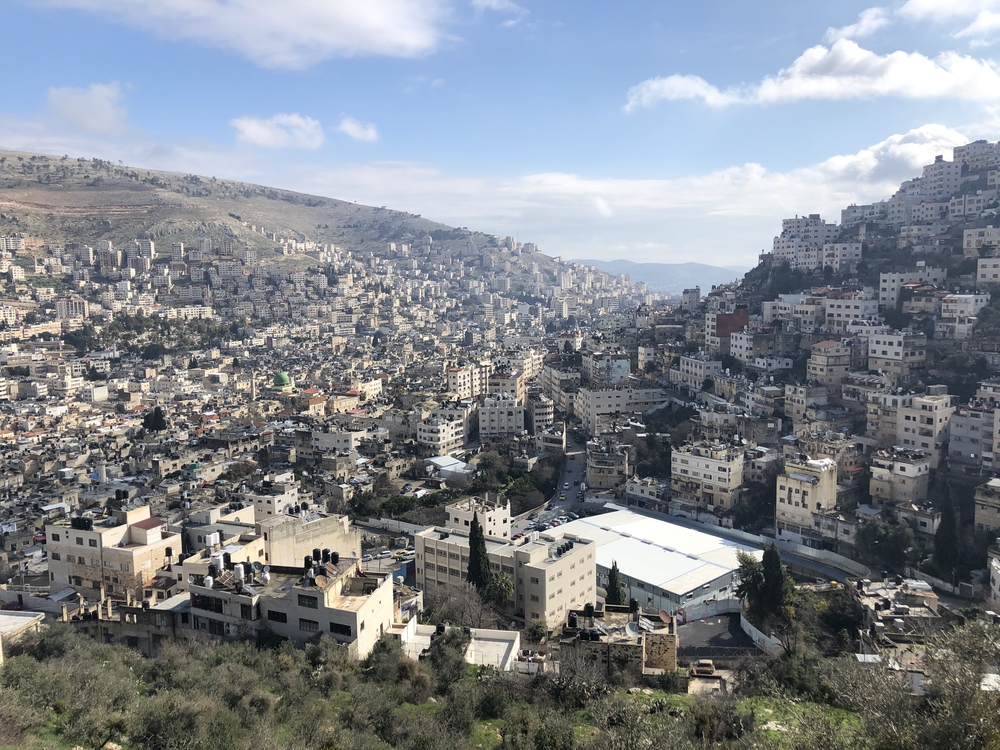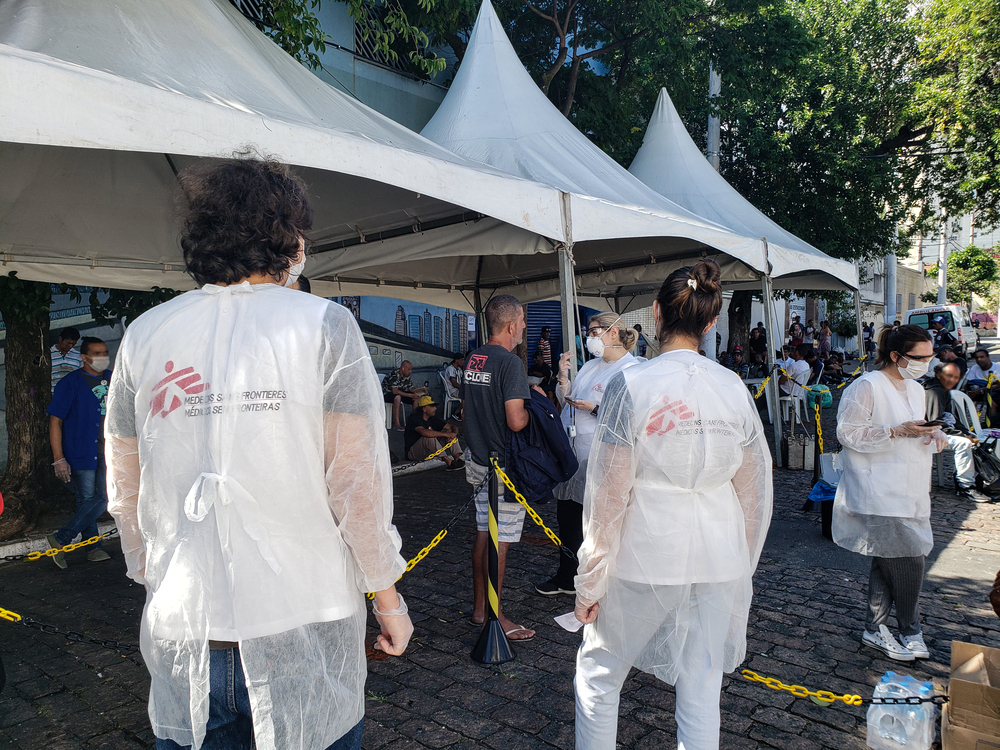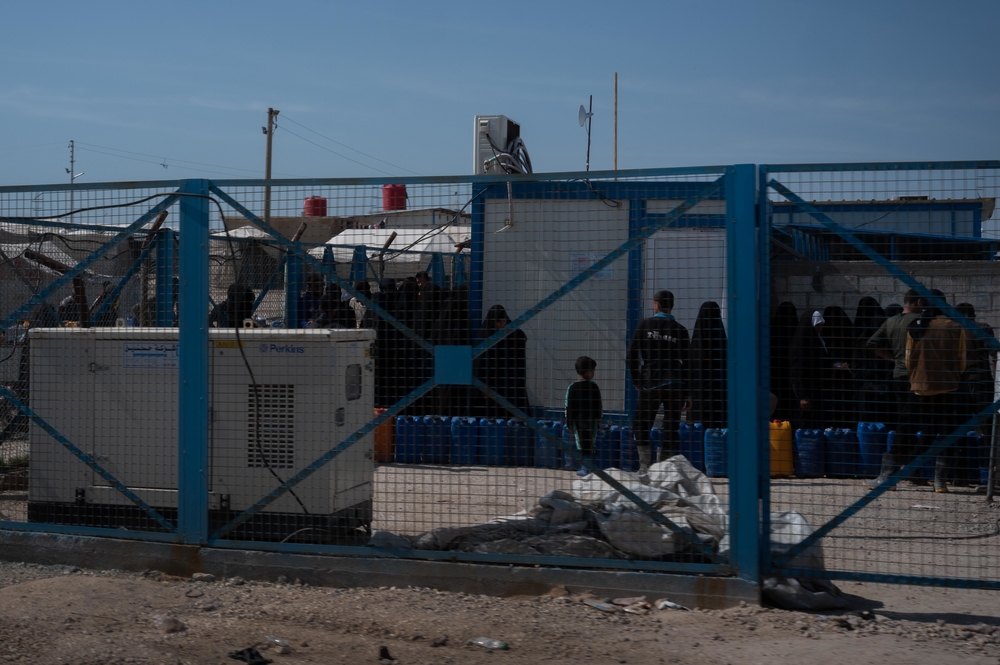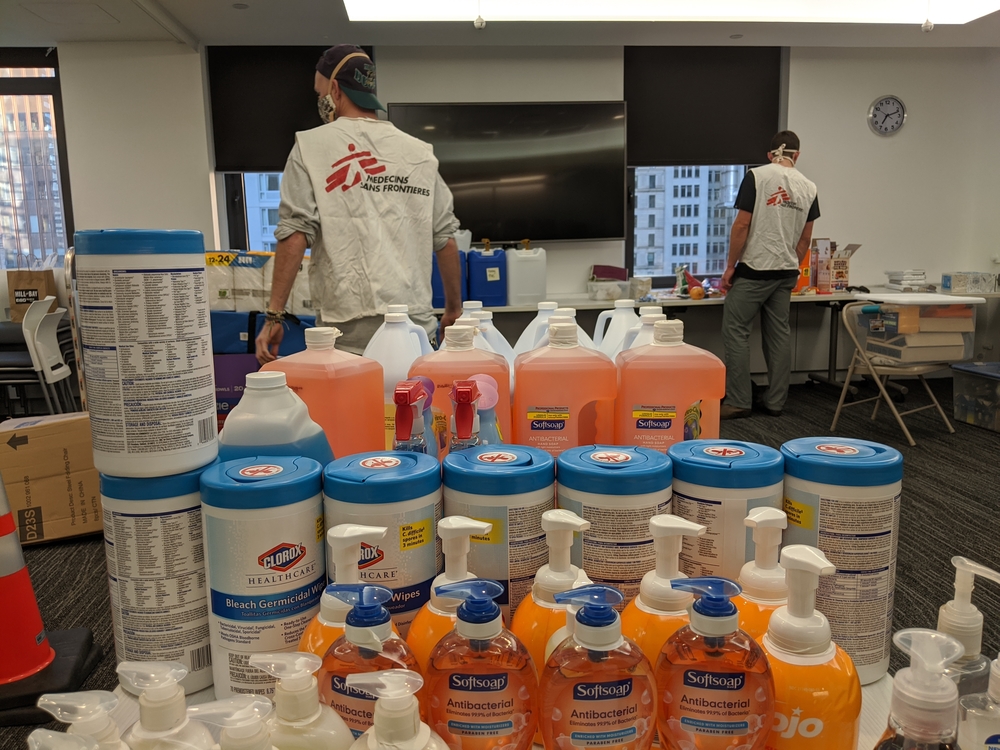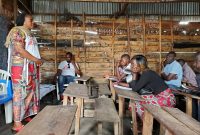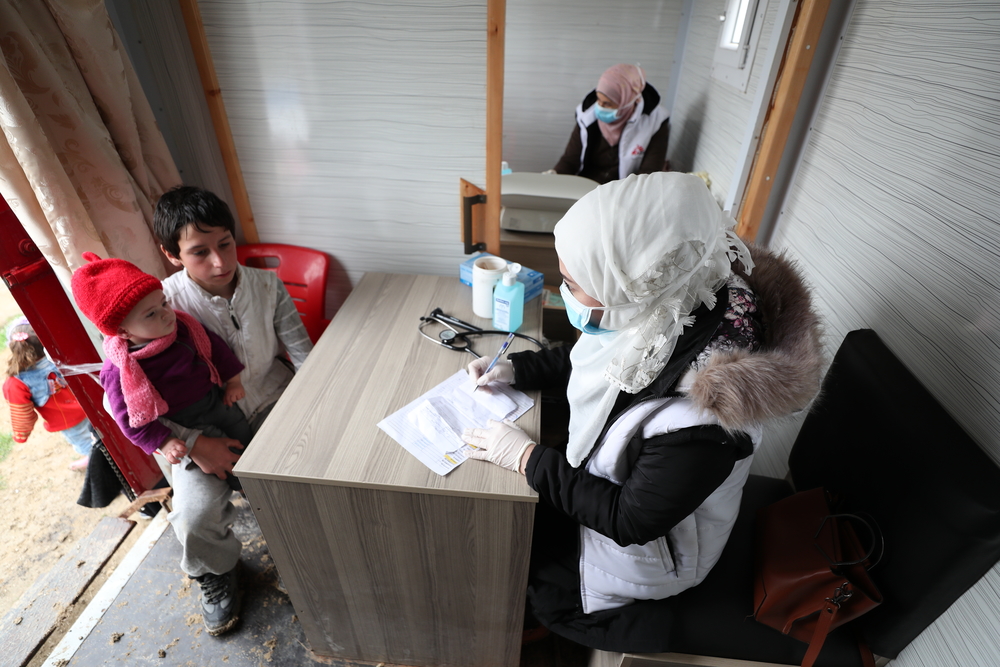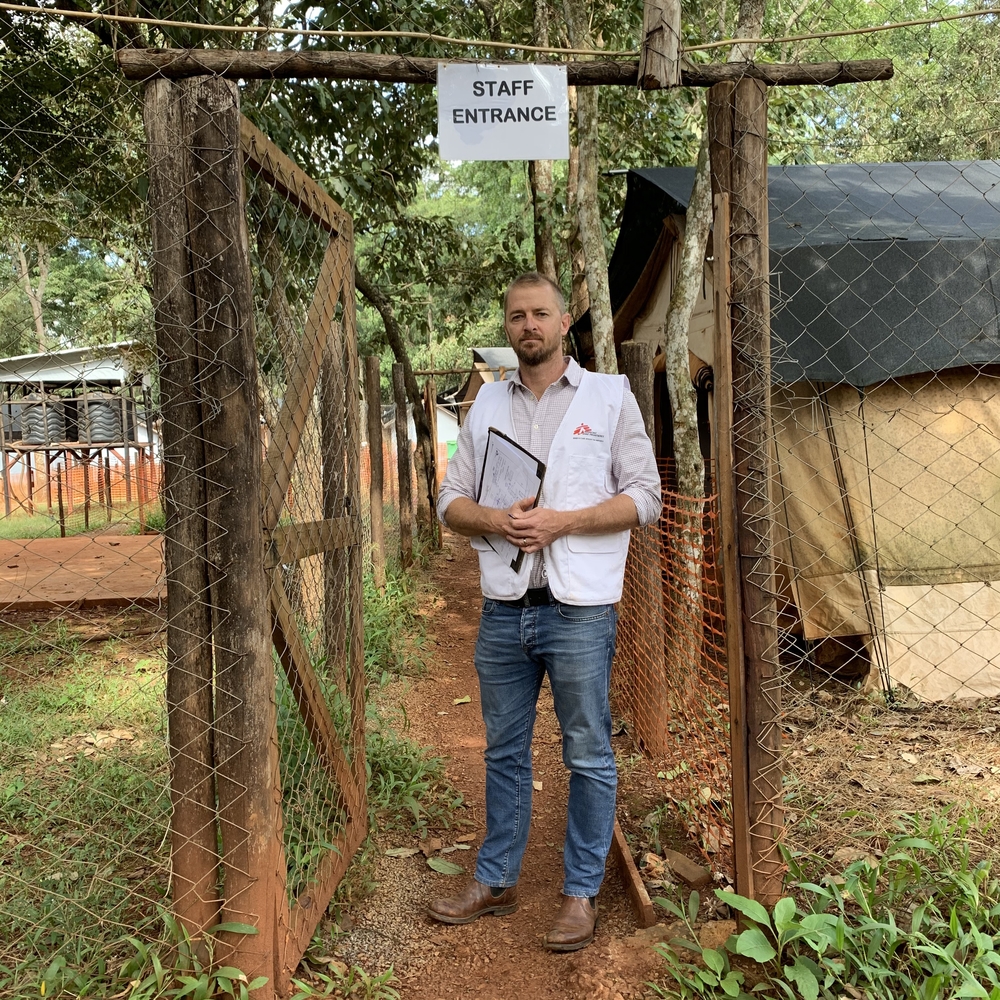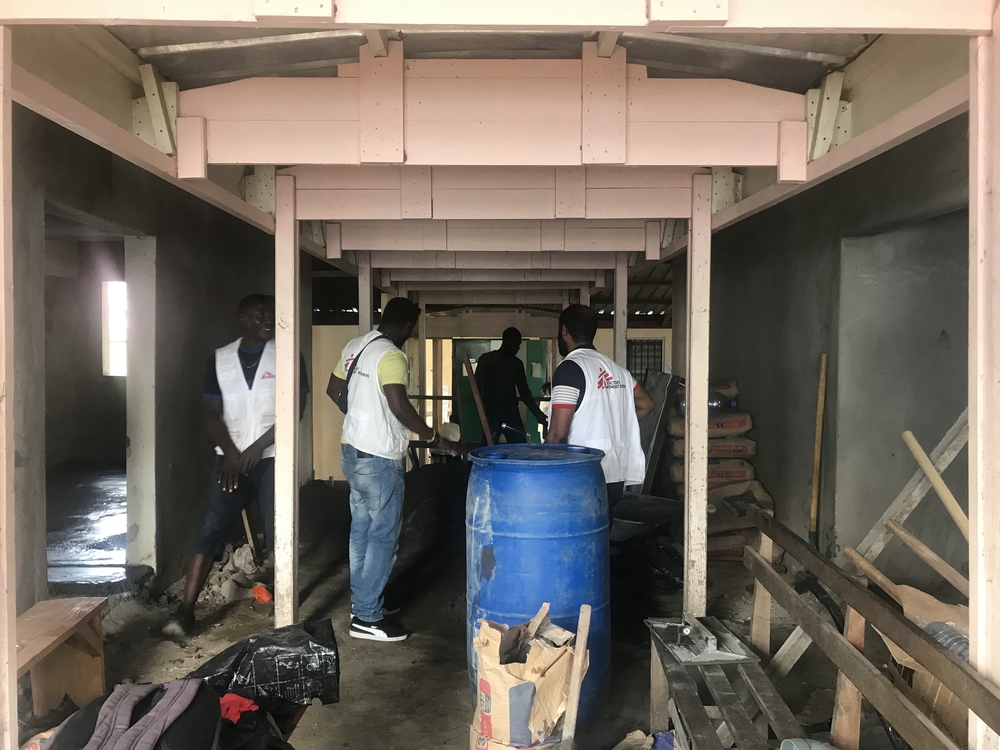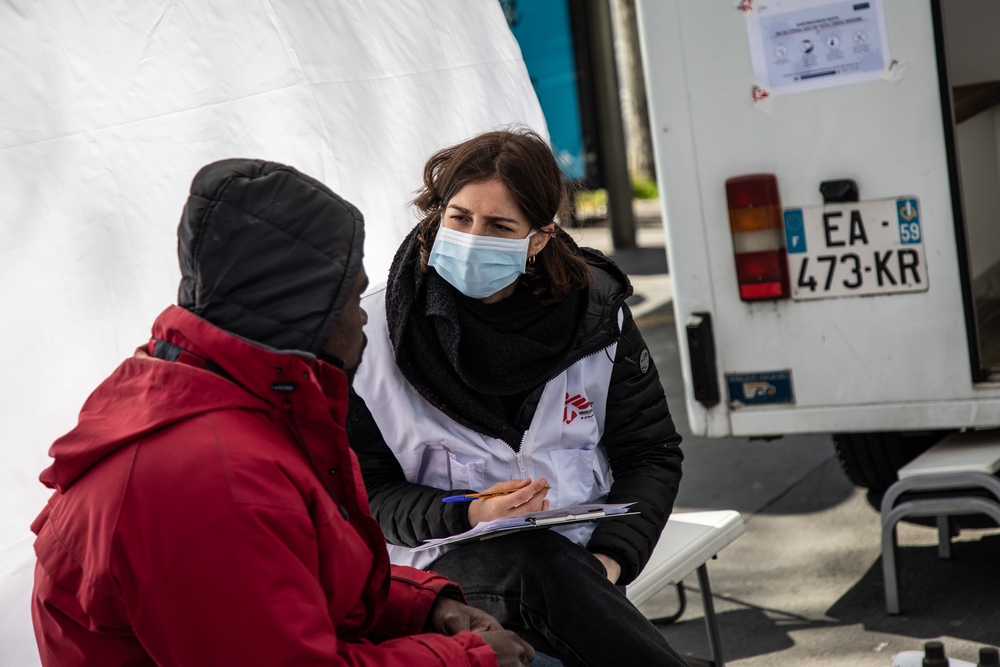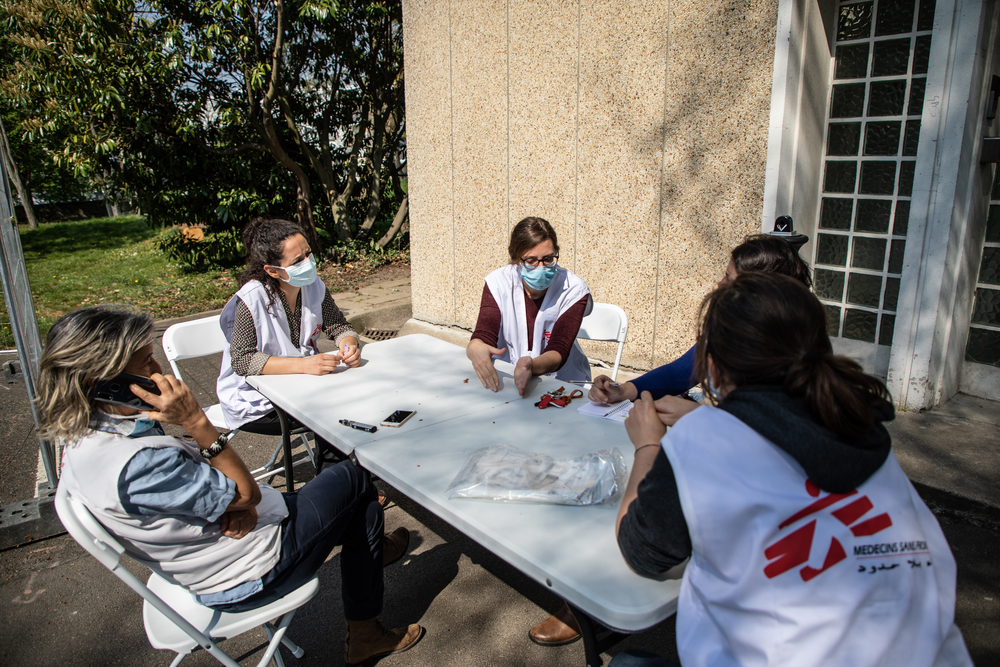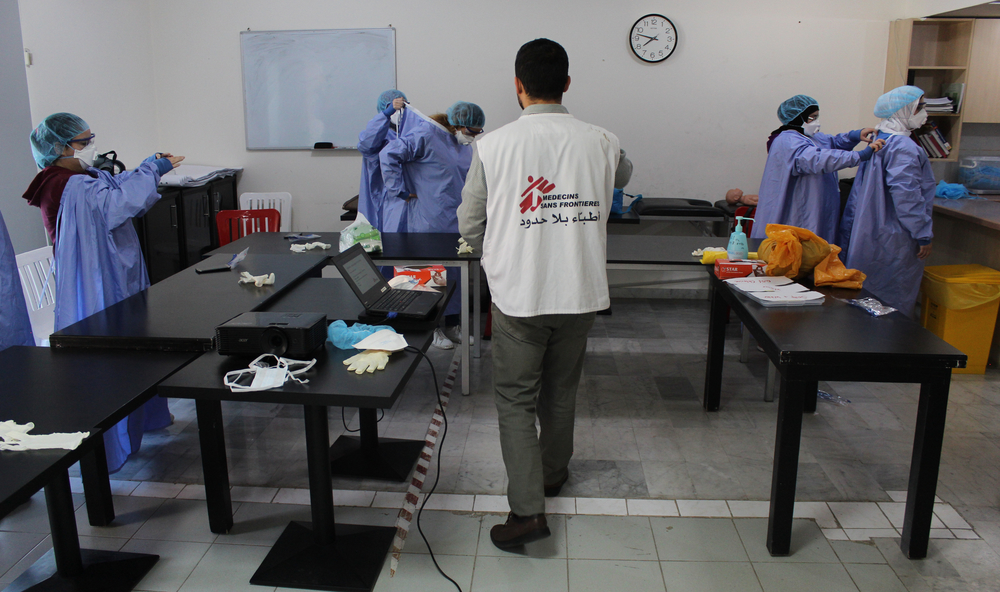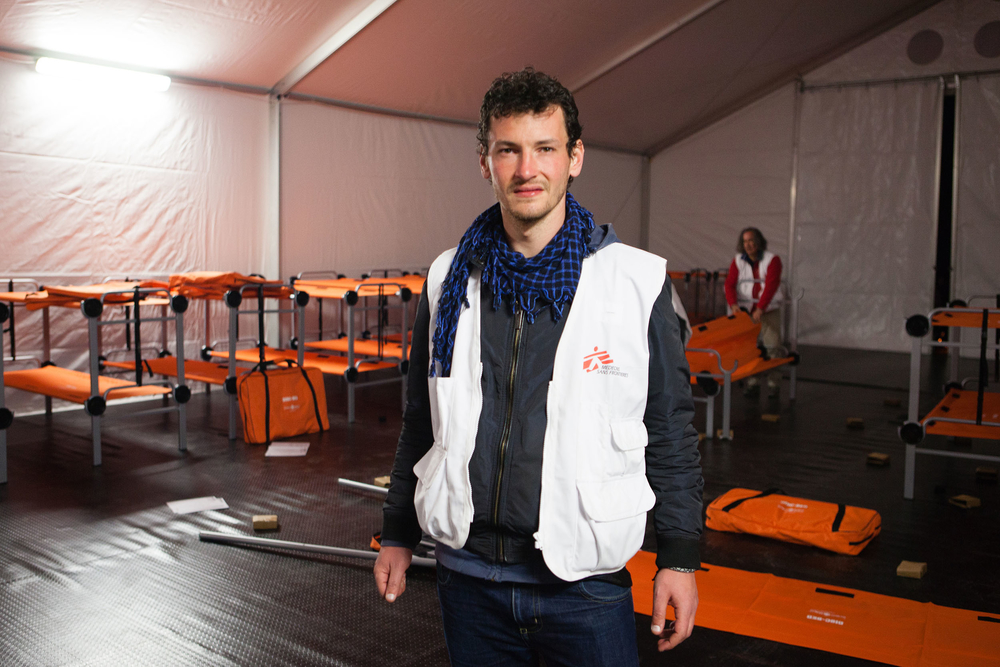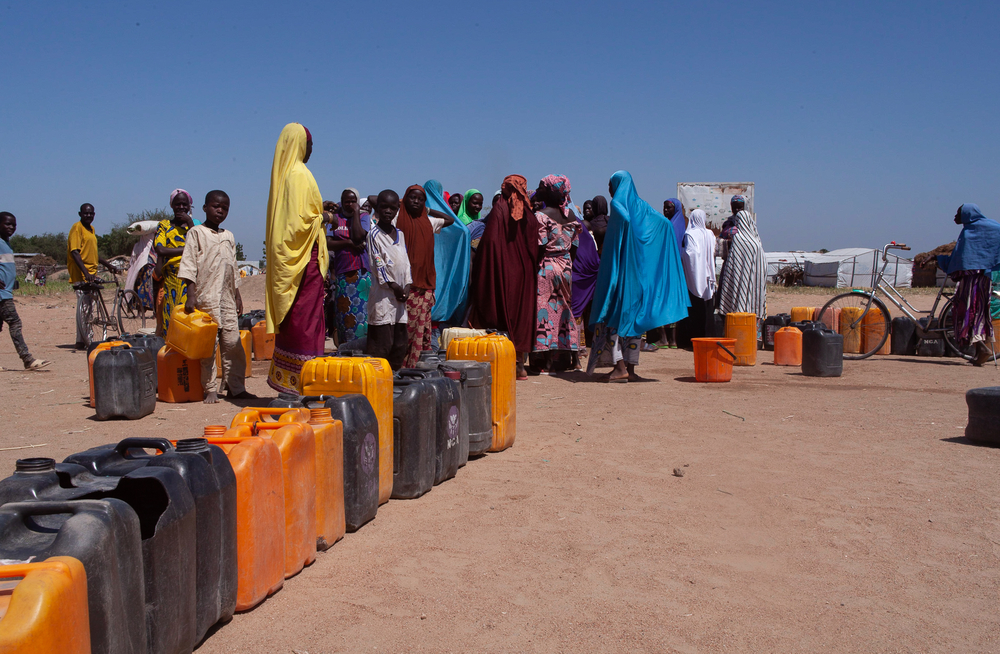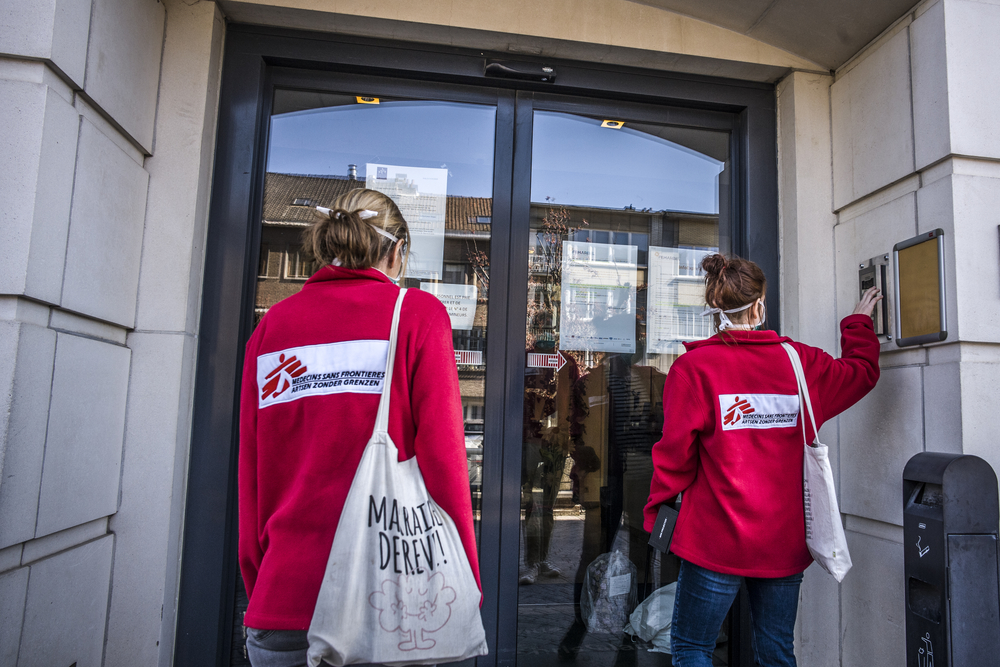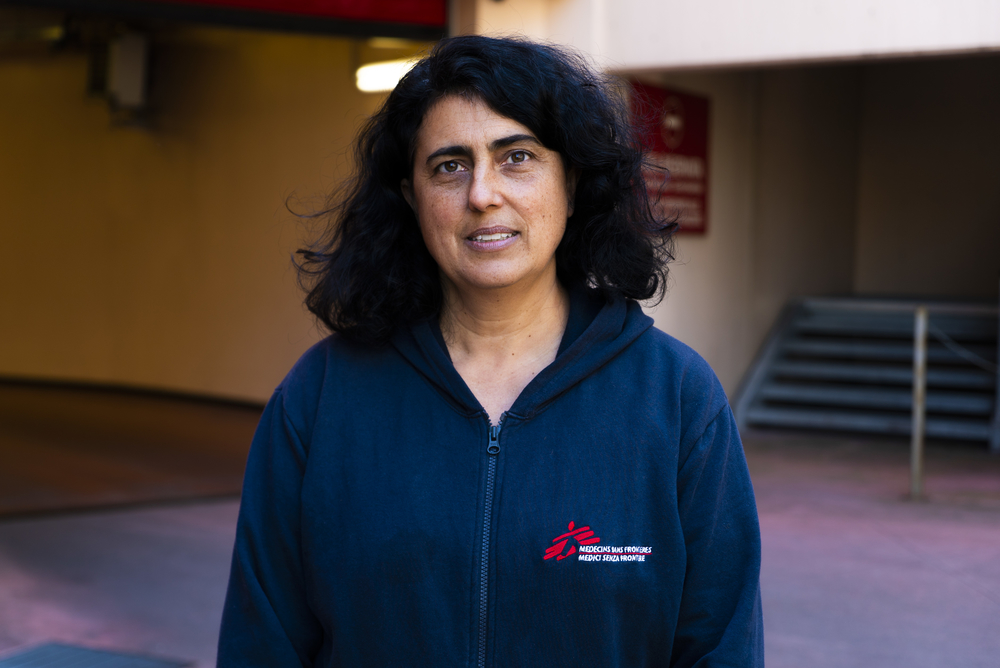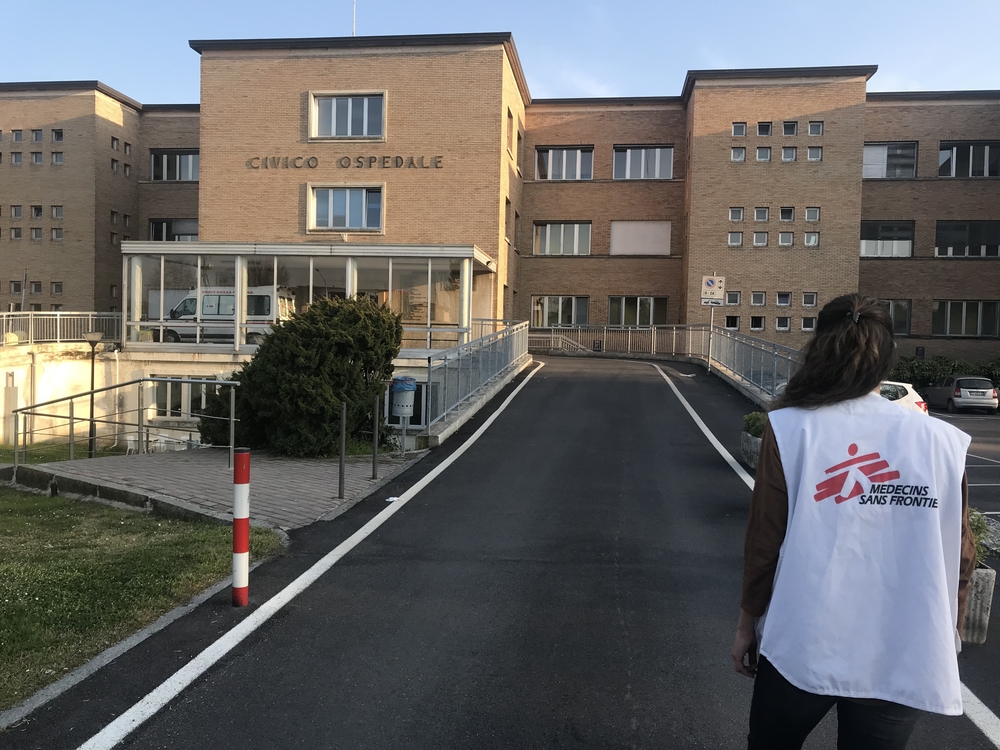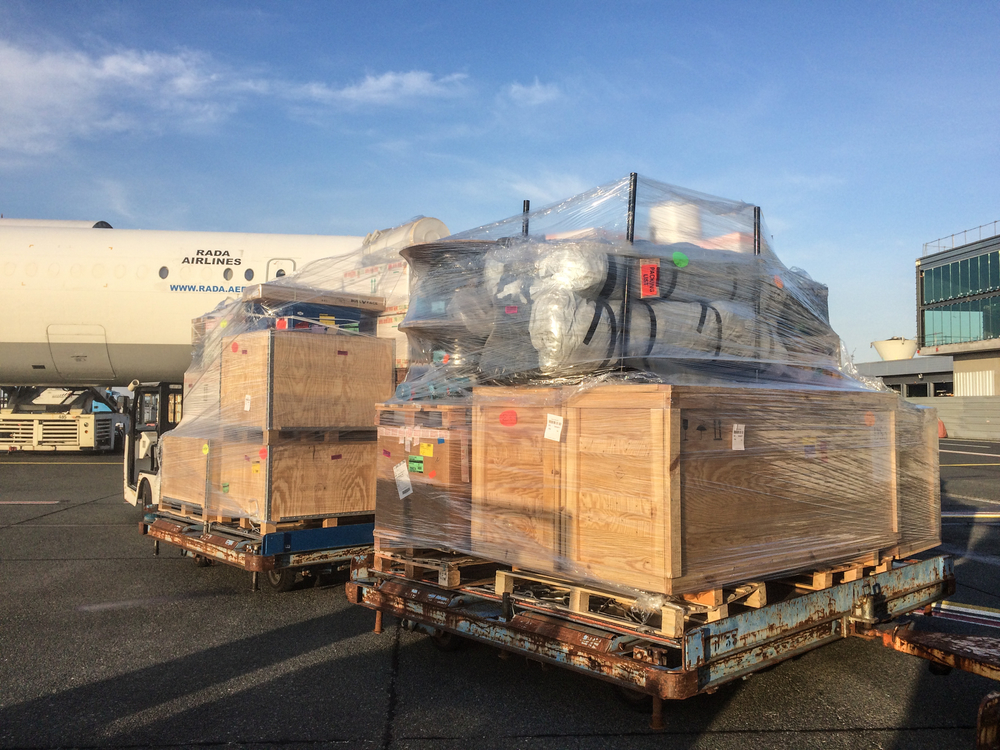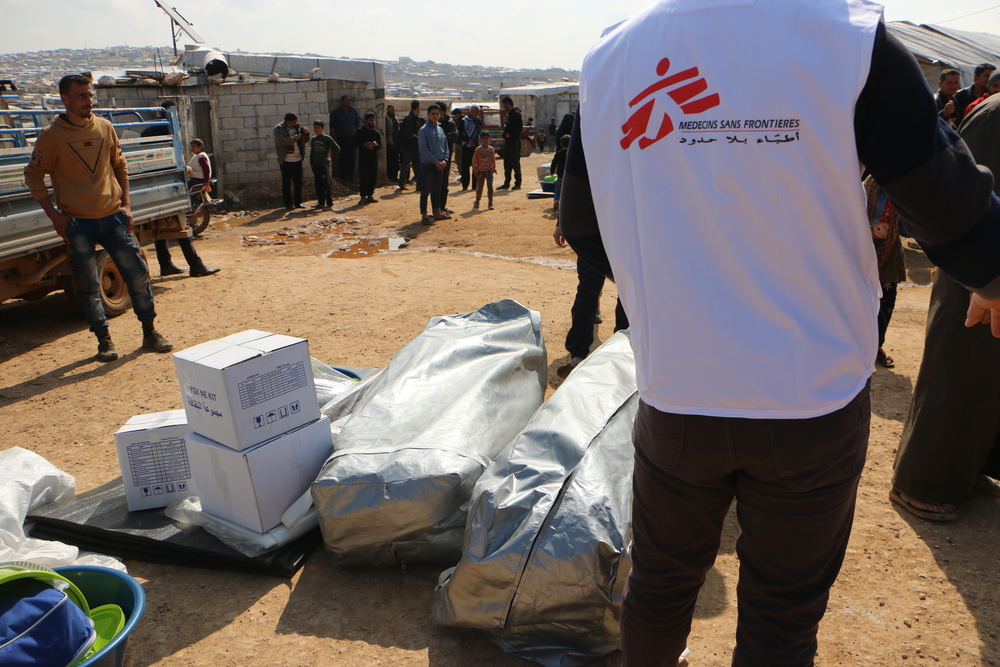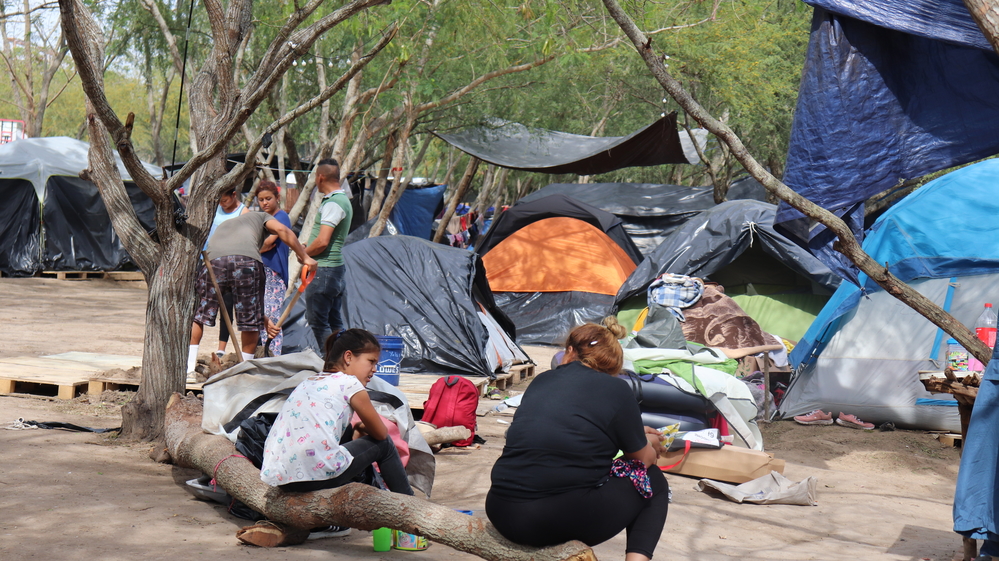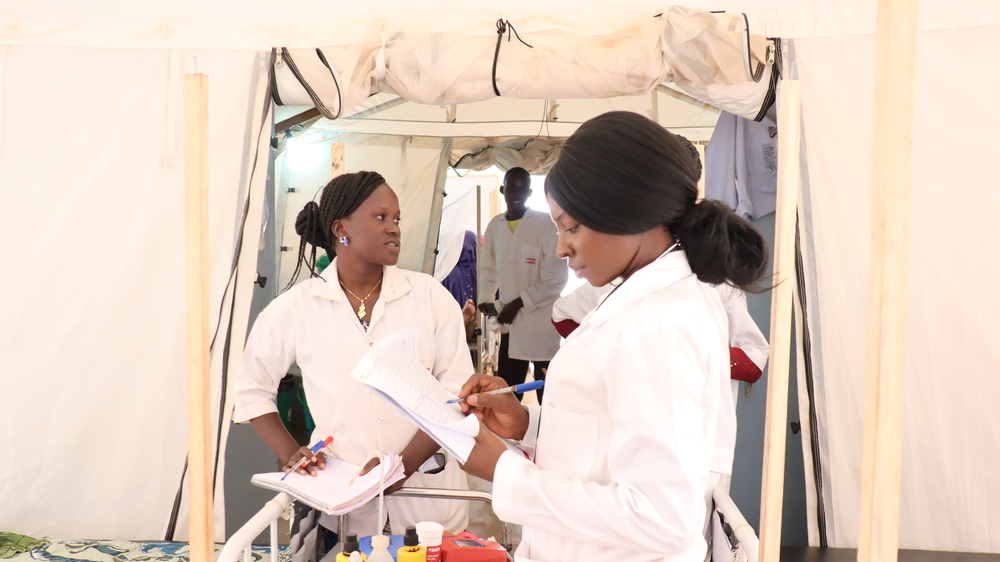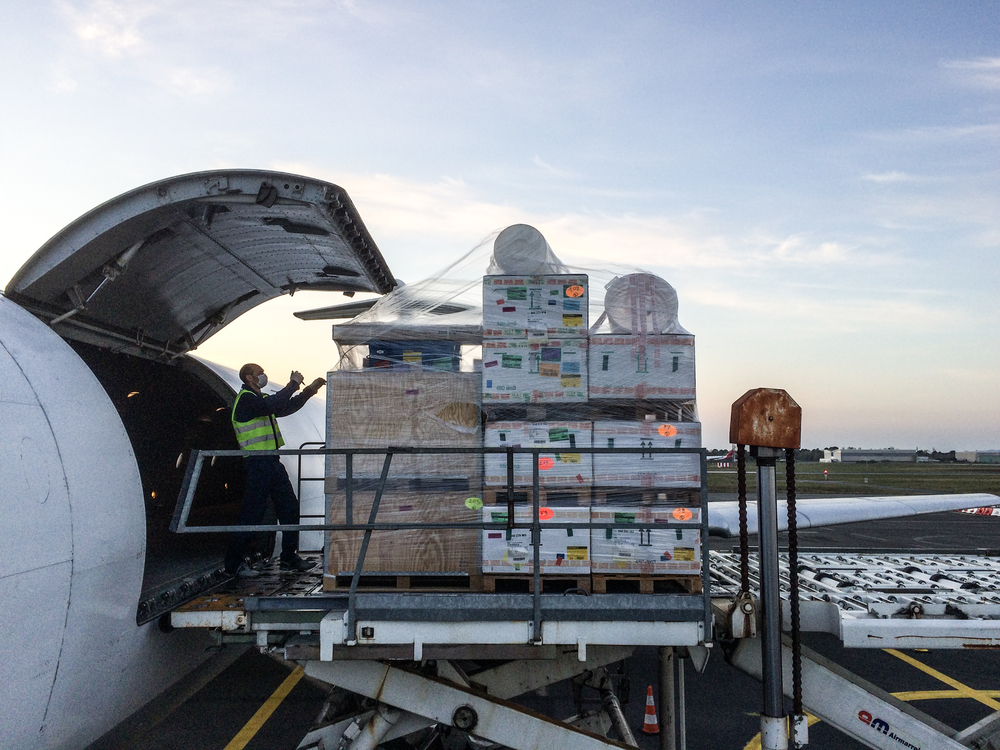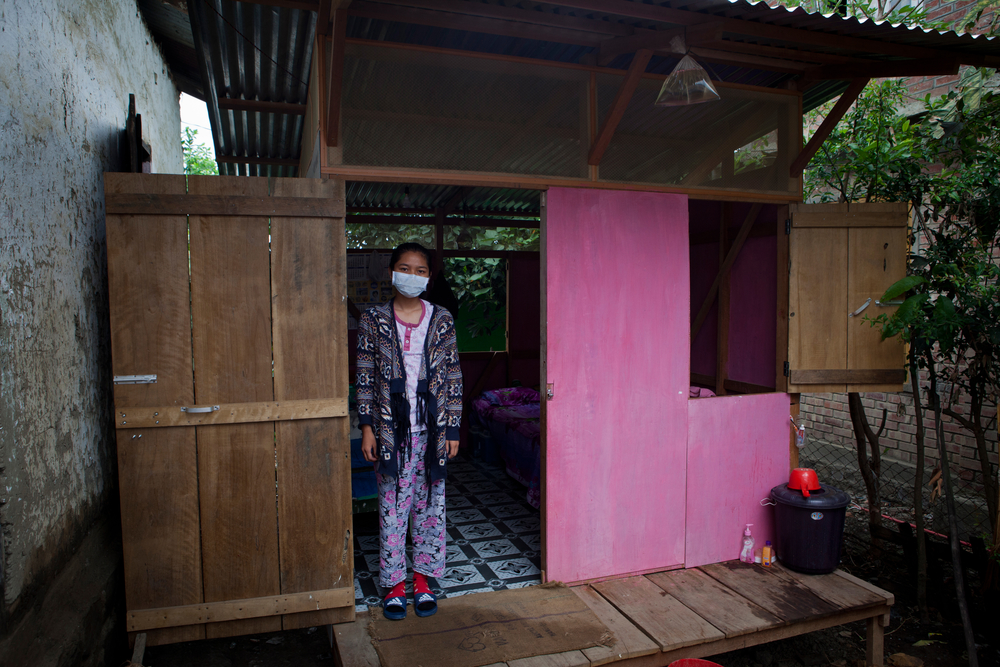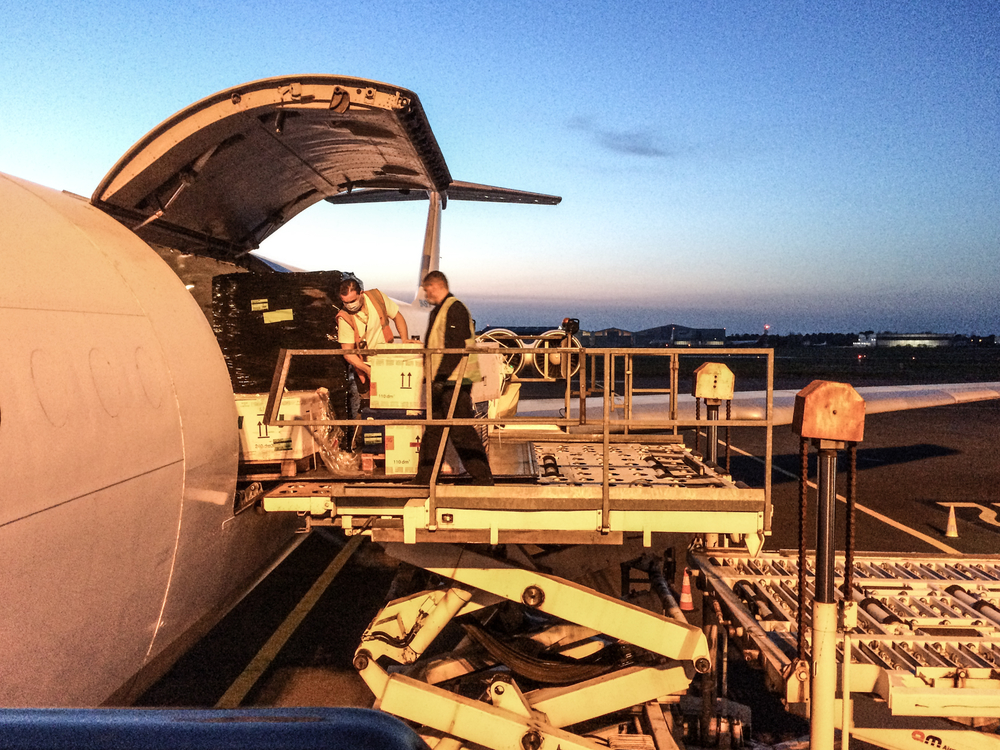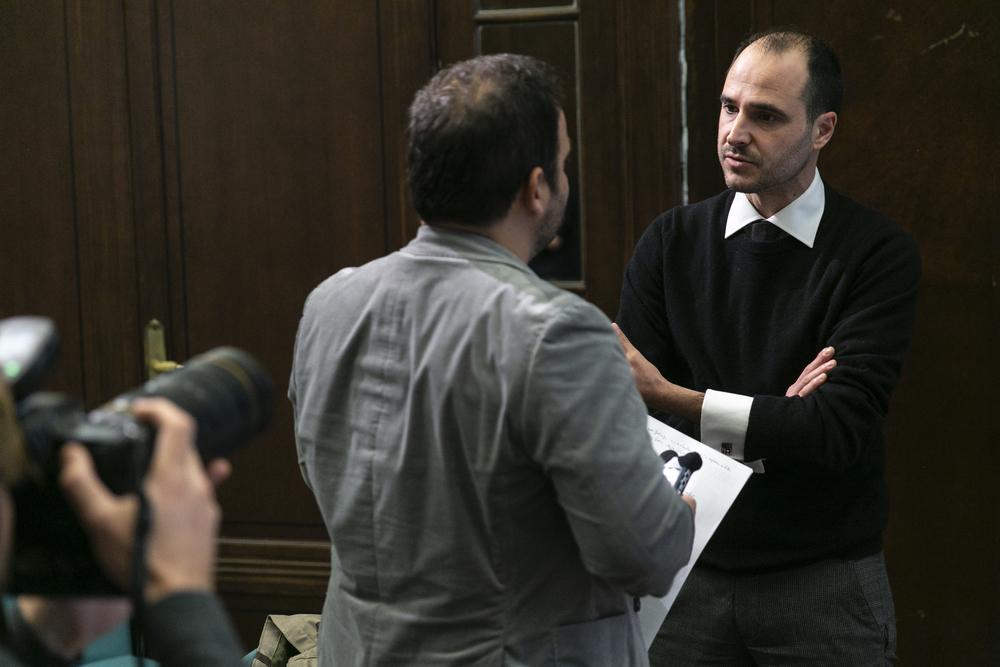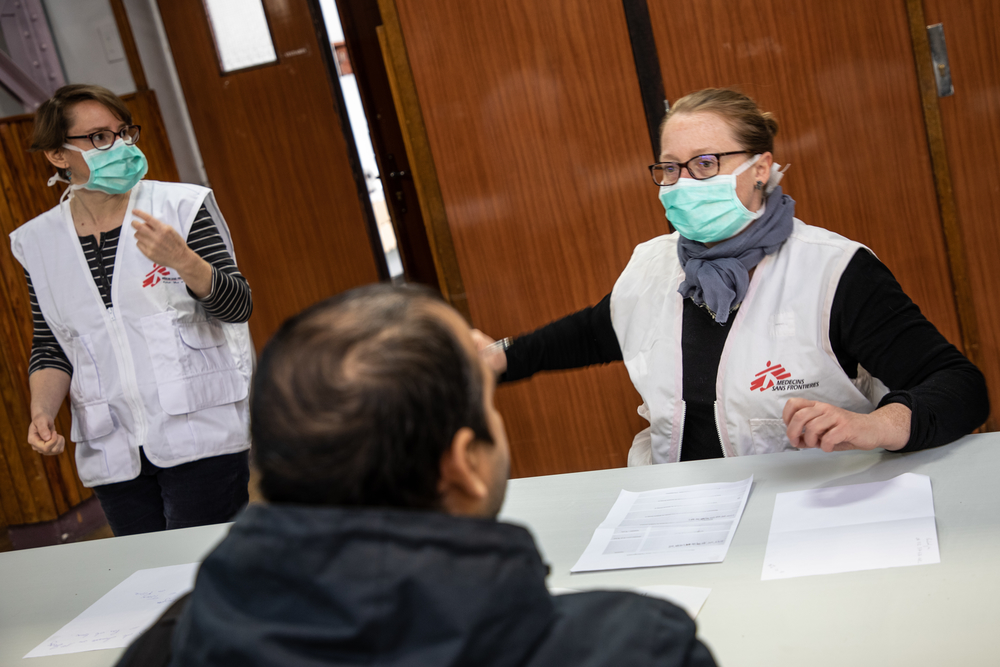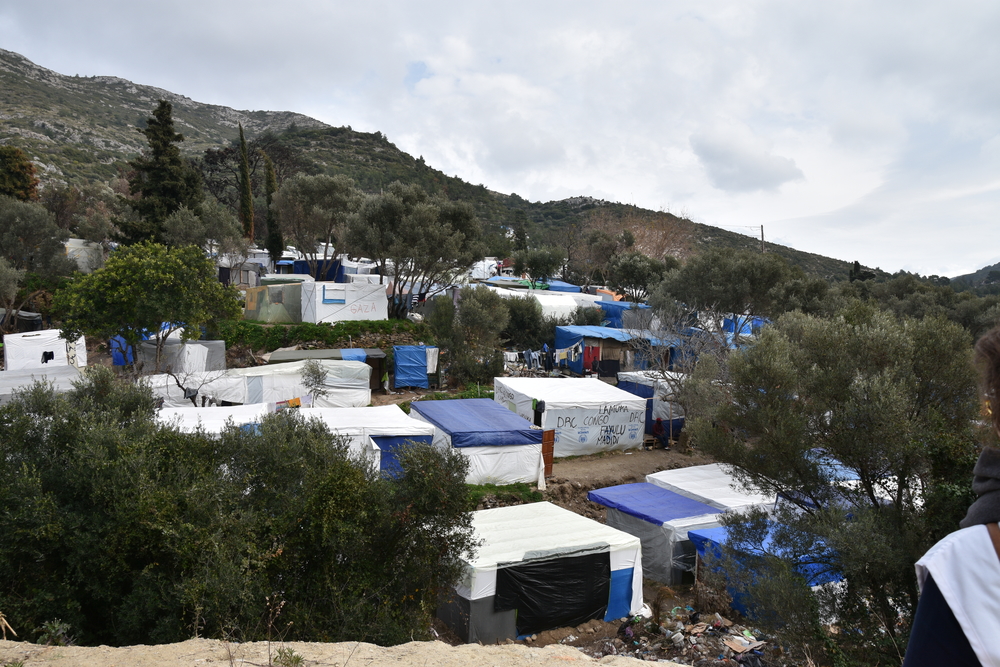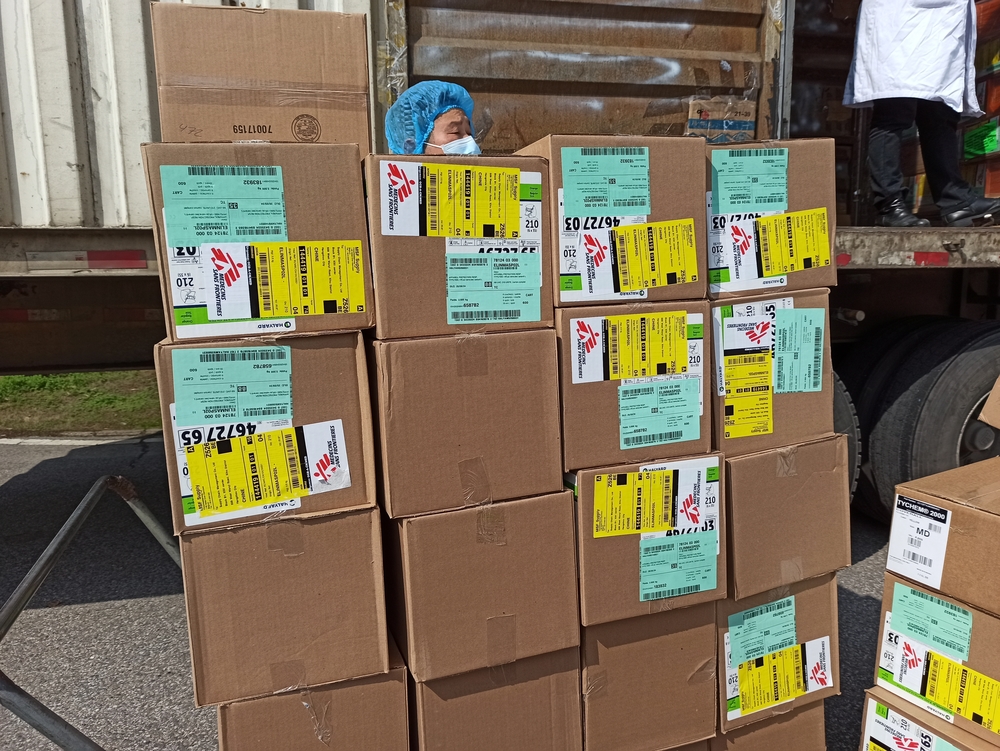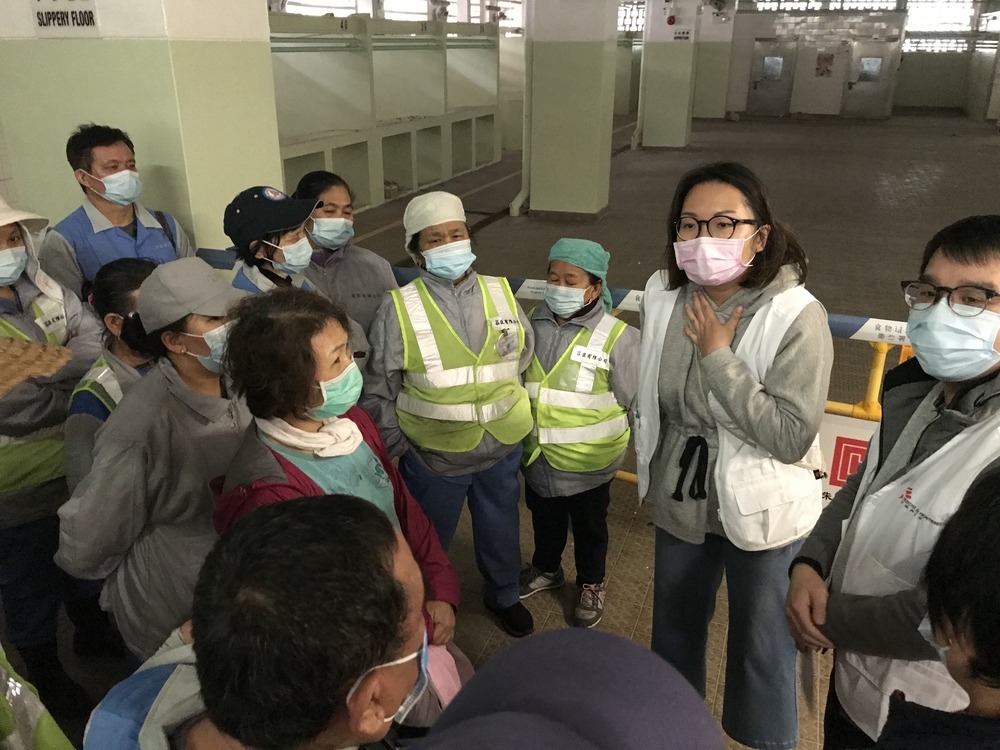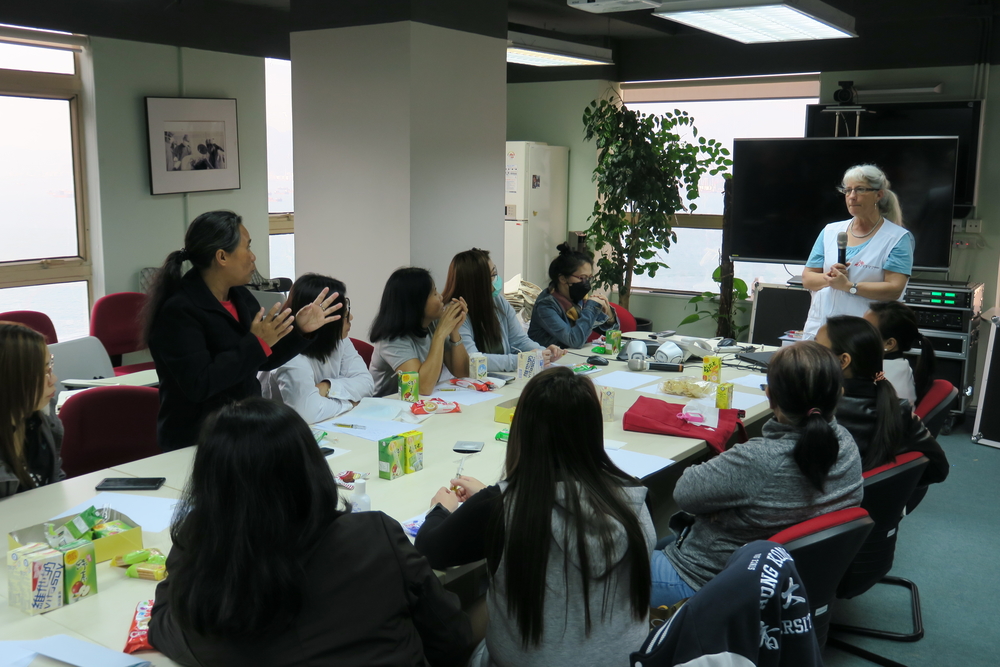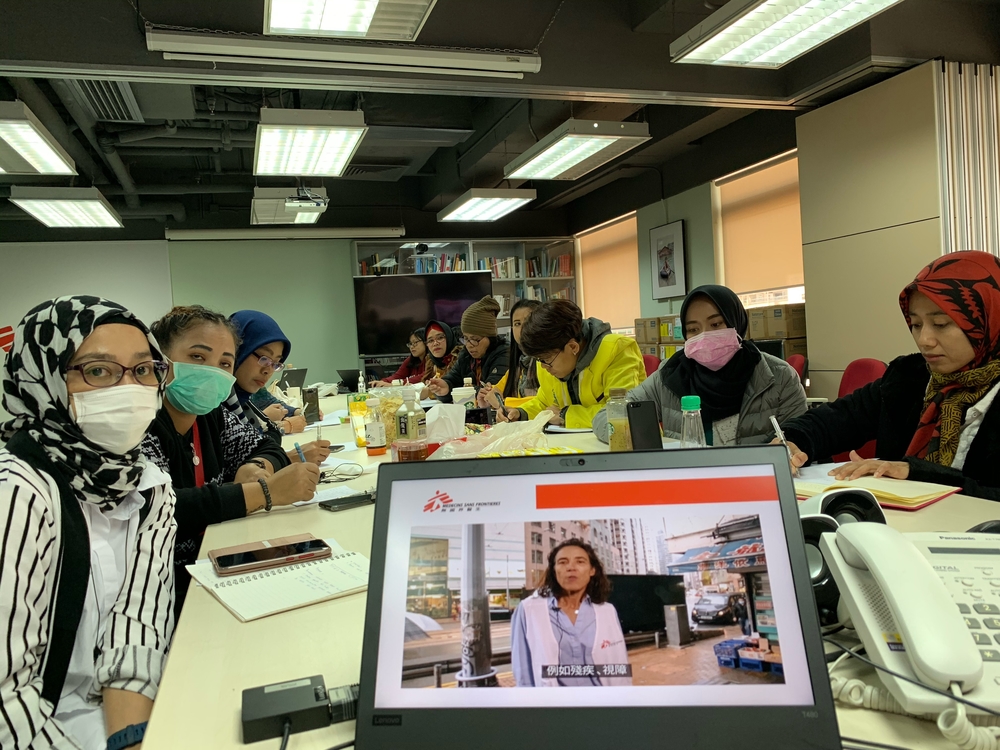MSF welcomes WHO Solidarity Call to Action to share COVID-19 technology and intellectual property
Doctors Without Borders/Médecins Sans Frontières (MSF) welcomed today’s launch of the World Health Organization (WHO) Solidarity Call to Action for equitable global access to COVID-19 health technologies through sharing of knowledge, intellectual property and data. As an international medical humanitarian organization responding to the COVID-19 pandemic in more than 70 countries, MSF called on governments to stand with patients and frontline workers to adopt enforceable measures that bind parties to any agreement to ensure access to COVID-19 health technologies for everyone. Global shortages of personal protective equipment, and a lack of testing capacity and effective treatments to respond to COVID-19, have placed enormous strain on countries and treatment providers worldwide.
“Safe and effective vaccines, treatments and tests must be developed free from exclusive rights, produced in adequate quantities, distributed fairly and made available to all people, especially the most vulnerable, in all countries and free of charge at the point of care,” said Dr Christos Christou, MSF’s International President. “While the WHO Solidarity Call is an important step, it will require effective implementation and enforceable measures to guarantee access to both existing and future COVID-19 technologies for everyone. Now is not the time to allow business-as-usual approaches from pharmaceutical corporations and near-sighted nationalism from governments to stand in the way of global cooperation on medical tools to respond to this pandemic. COVID-19 will not be over until it is over for everyone.”
An effective global response to COVID-19 will depend on no private monopoly being allowed for any treatments, tests or vaccines for the disease. Pharmaceutical corporations control technology, data and knowledge through intellectual property and confidential agreements, and often allow only a small number of other companies to produce and supply products they market, remaining in control of where these are sold and at what price. Gilead Sciences has just deployed this approach, by excluding half of the world’s people in a licensing deal for the COVID-19 drug remdesivir. This is not acceptable.
The global effect of COVID-19
“As MSF, we are struggling to treat people affected with COVID-19 in countries, where health systems are already in an incredibly weak state and supply of personal protective equipment and oxygen is extremely low. Over the years, we have witnessed too many painful examples of inequitable access to lifesaving treatment – from HIV and drug-resistant tuberculosis to hepatitis C and Ebola – where a proprietary approach to medicines has stood between our medical teams and patients, restricting the care we can provide,” said Christou.
As multiple heads of state refer to COVID-19 medical tools as ‘global public goods,’ there needs to be an approach to governance of these tools that includes all relevant parties in the process, including civil society and low- and middle-income countries. There should also be full transparency around all funding for COVID-19 medical tools, and governments should make use of all possible legal and policy measures to remove barriers caused by private monopolies to ensure access to COVID-19 technologies for everyone.
MSF also stressed the importance that any international mechanism to allocate medical tools takes into account the need for humanitarian organizations to operate and continue to provide assistance to people in crisis. As MSF struggles to focus on continuity of services in areas already facing massive health needs, it is important that effective measures be put in place to mitigate any adverse impact of COVID-19 on accessing other essential health tools and services.


